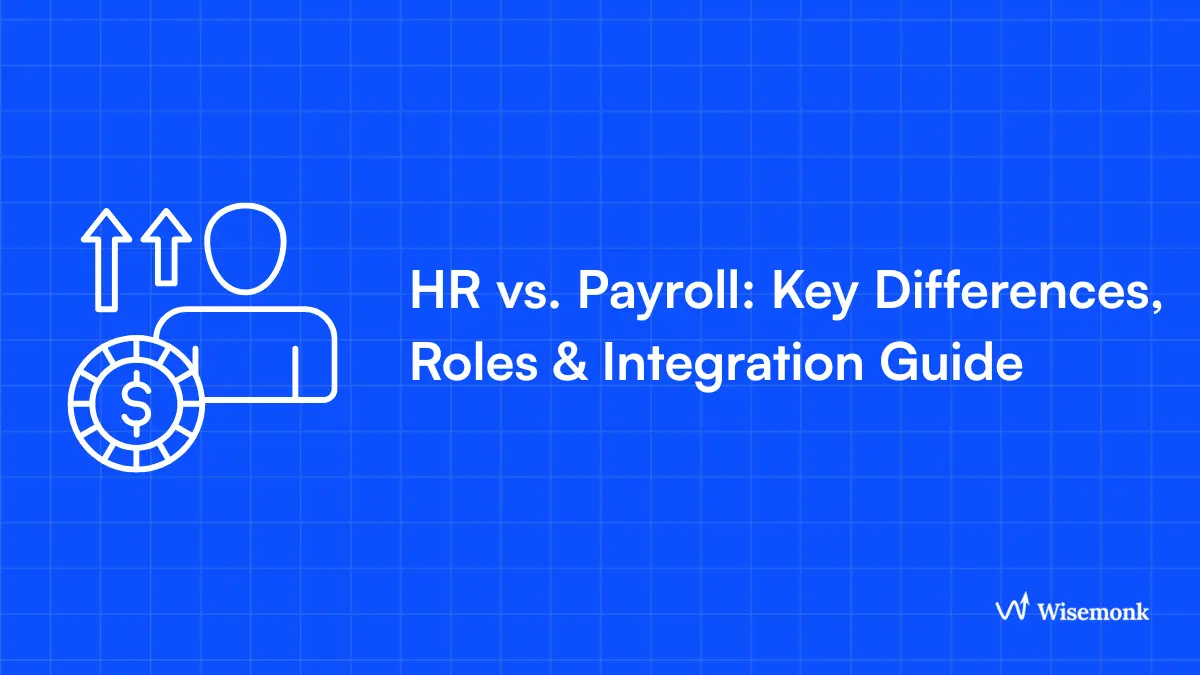- Outsourcing marketing services means hiring external professionals or agencies to handle tasks like SEO, content marketing, and advertising, helping companies focus on core business functions.
- Marketing outsourcing offers significant cost savings, access to specialized expertise, and increased efficiency by letting experts handle complex tasks while your internal team focuses on growth.
- The main outsourcing models are full-service, hybrid, staff augmentation, project-based, and fractional marketing, each catering to different needs and goals.
- When outsourcing marketing, look for a partner with industry experience, clear pricing, and scalable solutions to meet your specific business needs.
- Outsourcing allows for faster scaling, innovative strategies, and better results while maintaining control over core functions like brand identity and strategy.
Need help with your global expansion? Contact us today!
Discover how Wisemonk delivers trusted international solutions.
Looking to outsource your marketing services but not sure where to begin? You’re not alone. In a market where 66% of U.S. companies report outsourcing at least one function and 70% of SMBs outsourced marketing services in the past year , many businesses are turning to external professionals and outsourced marketing agencies to boost their growth without ballooning overhead.
This article is for founders, marketing leaders, and growth-driven teams who want to outsource marketing smartly, balancing control, cost, and quality.
In this guide, we’ll unpack what outsourcing marketing services truly means, explore the best models, show you what to outsource (and what to keep close), dive into pricing and risk mitigation, and help you pick the right marketing outsourcing partner.
What does outsourcing marketing services mean?[toc=Outsourcing Marketing Services]
Outsourcing marketing services means hiring external professionals, agencies, or specialized teams to handle your company’s marketing activities instead of relying only on an in-house marketing team. It allows businesses to outsource marketing tasks like content marketing, search engine optimization (SEO), social media management, and advertising campaigns to experts who already have the tools, experience, and processes in place.
Based on our extensive research helping global companies build outsourced marketing teams, we can attest that marketing outsourcing provides access to specialized expertise, advanced technology, and cost efficiency that’s hard to replicate internally. A 2024 Statista study notes that global spending on outsourced marketing has grown steadily, reflecting how businesses now rely on external agencies for faster, data-driven execution.
Here’s what outsourcing your marketing typically includes:
- Strategic planning: Building tailored marketing strategies aligned with your business goals and target audience.
- Content marketing and design: Managing content creation, blogs, videos, and creatives for consistent brand storytelling.
- Digital marketing: Running SEO, paid media, social media, and email marketing to increase visibility and lead generation.
- Website and technical support: Maintaining web performance, search engines optimization, and automation tools.
- Analytics and reporting: Using advanced tools to track KPIs, optimize marketing campaigns, and measure ROI.
In short, marketing outsourcing companies help you scale faster, stay consistent, and remain competitive by blending deep expertise with cost-effective solutions, while your internal team focuses on core operations.
For more insights on outsourcing marketing services and finding the right experts, explore our Marketing Consultant, SEO Expert, and SEO Expert in India offerings.
What are the key benefits of outsourcing marketing services?[toc=Benefits]
Outsourcing marketing services helps businesses grow faster, save money, and gain access to specialized expertise that’s often unavailable in-house. Instead of managing every marketing responsibility internally, companies can outsource marketing tasks like SEO, social media, and paid advertising to experienced professionals who deliver results efficiently.
From our experience working with global companies and analyzing recent industry data, it’s clear that marketing outsourcing isn’t just about saving costs, it’s about unlocking performance.
Here’s how outsourcing your marketing drives real advantages:
- Cost savings: A cost-effective solution, you pay only for the marketing services you need, without overhead costs of a full in-house team.
- Access to expertise: Work with a professional team that brings deep industry expertise, the latest digital marketing tools, and proven strategies across multiple clients.
- Increased efficiency: Outsourced teams handle complex marketing operations so your internal team can focus on product and sales growth.
- Scalability: Scale your marketing campaigns up or down instantly based on your business goals and budget.
- Fresh perspectives: External agencies bring innovative thinking, ensuring your marketing strategies stay relevant in fast-moving markets.
- Faster results: With experienced marketing experts managing execution, campaigns go live sooner, improving ROI and organic traffic growth.
In essence, outsourcing allows companies to blend the agility of external teams with the control of internal oversight, creating a streamlined, data-driven approach to marketing success.
What are the main models of outsourced marketing?[toc=Outsourcing Models]
Models of outsourced marketing services range from full-service partnerships to hybrid setups and project-based engagements. The right model depends on your company’s marketing goals, available budget, and the capability of your in-house marketing team.
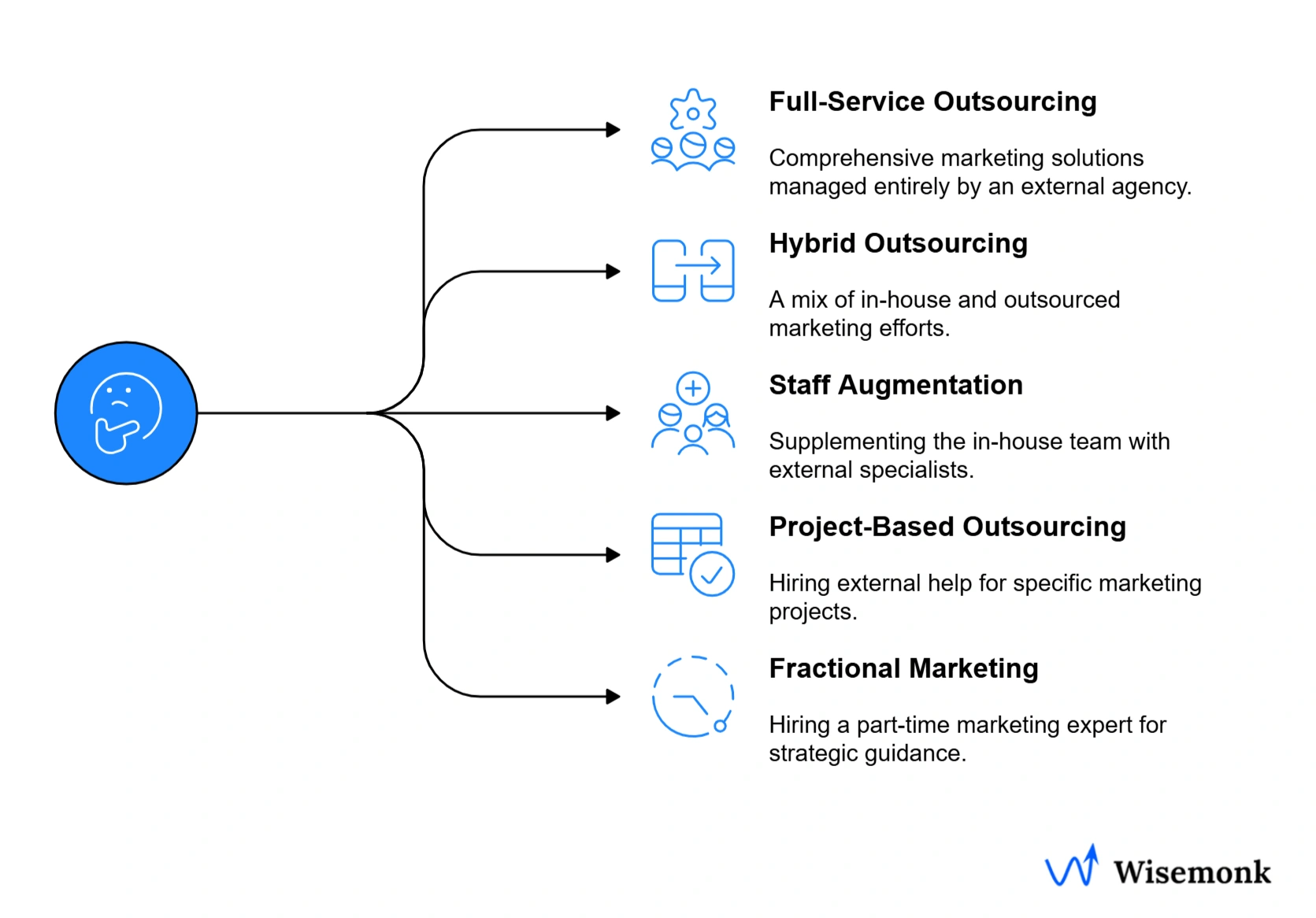
1. Full-Service Outsourcing
In this model, a company delegates its entire marketing function to a third-party marketing agency. The agency manages everything, from strategy and planning to execution and performance reporting, covering areas like content marketing, social media management, paid media, and search engine optimization (SEO).
Best for: Companies with minimal or no internal marketing team, or those undergoing major rebranding. It’s also ideal for fast-growing businesses that want to scale their marketing operations without investing in a full in-house department.
Key features:
- The outsourced marketing partner functions as your full marketing department, often led by a fractional CMO.
- Delivers a cohesive, cross-channel marketing strategy across all platforms.
- Typically operates on a predictable monthly retainer fee for cost efficiency and transparency.
2. Hybrid Outsourcing
This model blends in-house strategy with external execution. The company retains an internal team to handle brand vision, messaging, and core marketing activities, while outsourcing specialized marketing tasks like SEO, paid advertising, or web development to external experts.
Best for: Small and medium-sized businesses that want to maintain control of brand identity while gaining access to specialized expertise.
Key features:
- The internal team focuses on strategy and creative direction.
- The external partner handles execution using advanced tools and deep expertise.
- Encourages collaboration and alignment between in-house strategy and outsourced implementation.
3. Staff Augmentation
Under the staff augmentation model, a company temporarily hires external professionals to fill specific roles or skill gaps within the marketing team. These professionals work alongside your internal team, helping scale operations during high-demand periods.
Best for: Companies facing temporary needs or specific skill shortages, like hiring a campaign manager, marketing analyst, or automation specialist during busy seasons.
Key features:
- The outsourced specialist integrates directly into existing workflows and systems.
- Offers flexibility to scale your workforce up or down as needed.
- Provides access to specialized skills without long-term hiring commitments.
4. Project-Based Outsourcing
In this setup, a company outsources a clearly defined, time-bound marketing project, for example, a website redesign, a paid media campaign, or market research for a product launch. The external partner takes complete responsibility for the project scope, timeline, and results.
Best for: Businesses seeking to execute a one-time or short-term marketing project without the need for ongoing engagement.
Key features:
- The provider owns planning, execution, and final delivery.
- Offers predictable project costs and reduced management overhead.
- Best suited for achieving specific marketing goals or testing new strategies.
5. Fractional Marketing
Fractional marketing involves hiring experienced professionals, often senior executives like a Fractional CMO, on a part-time basis to provide strategic direction and leadership. The fractional leader guides your in-house team or outsourced teams toward long-term success.
Best for: SMBs needing high-level marketing strategy and leadership without the cost of a full-time executive.
Key features:
- Provides seasoned leadership and guidance for marketing strategy development.
- Ensures alignment between sales teams, marketing functions, and business goals.
- Focuses on building long-term frameworks and optimizing performance, not day-to-day execution.
Each of these models offers distinct advantages. Whether you want full marketing ownership, short-term flexibility, or leadership on demand, choosing the right outsourcing model helps your business remain competitive, efficient, and focused on measurable growth.
Outsource vs In-house vs Hybrid: Which is right for you?[toc=Comparison]
Choosing between outsourcing, building an in-house marketing team, or adopting a hybrid approach depends on your company’s goals, resources, and timeline. Each model has clear advantages and trade-offs, and the right fit often lies in balancing control, cost efficiency, and specialized expertise.
Here’s a quick comparison:
Quick tip:
- Startups often benefit most from outsourcing for speed and affordability.
- Scale-ups thrive on hybrid models for balance and scalability.
- Enterprises lean toward in-house teams for control and security.
Based on our experience supporting global companies, the most successful approach is often hybrid, where the in-house team handles strategy and brand consistency, while external professionals drive execution and growth velocity.
How much does outsourcing marketing cost, and how is it priced?[toc=Outsourcing costs]
The cost of outsourcing marketing services depends on scope, expertise, and geography. On average, outsourced marketing agencies charge between $3,000–$20,000 per month, though enterprise campaigns can exceed $50,000 depending on complexity.
Common pricing models:
- Retainer: Fixed monthly fee for ongoing services (SEO, content, paid ads).
- Project-based: One-time pricing for specific deliverables like website redesigns or campaigns.
- Performance-based: Pay tied to results (leads, conversions, ROI).
- Hybrid: A mix of retainer and results-based incentives.
Cost drivers: Project complexity, industry, technology stack, and required scale.
Hidden costs: Onboarding, software tools, frequent revisions, and switching agencies.
From our experience helping global businesses, the smartest companies budget not just for execution, but also for strategy, communication, and analytics, ensuring both performance and long-term scalability.
What are the common risks of outsourcing marketing, and how can you mitigate them?[toc=Challenges]
While outsourcing marketing services unlocks agility and efficiency, it’s not without challenges. Being aware of potential risks helps you manage partnerships better and protect your brand.
- Lack of brand knowledge: External agencies may not initially grasp your tone, product, or customer nuances.
Mitigation: Provide detailed brand guidelines, target audience profiles, and review deliverables early on. - Communication challenges: Time zones or unclear briefs can derail execution and cause rework.
Mitigation: Use shared project tools, weekly check-ins, and direct communication between stakeholders. - Security and confidentiality risks: Sharing sensitive marketing or customer data with external teams can pose privacy issues.
Mitigation: Sign NDAs, restrict platform access, and ensure compliance with GDPR or regional data laws.
From our work with global clients, the most successful marketing outsourcing partnerships are those that pair clear governance frameworks with regular performance reviews, creating both accountability and trust.
How should you approach outsourcing your marketing?[toc=Outsourcing approach]
Outsourcing works best when approached strategically, not reactively. A clear roadmap prevents misalignment and ensures smooth collaboration with your outsourced marketing partner.
- Define your needs: Identify specific marketing goals, whether it’s lead generation, content marketing, or a full-scale digital marketing strategy.
- Find the right partner: Evaluate marketing outsourcing companies based on industry expertise, portfolio, and proven results with multiple clients.
- Set clear objectives: Outline KPIs like conversion rates, cost per lead, or traffic goals to track ROI effectively.
- Stay involved: Regularly share feedback, brand updates, and campaign insights to ensure alignment. The best outsourced teams work as an extension of your in-house team.
- Focus on strategy: Ensure all outsourced marketing activities align with your company’s larger business goals and positioning, not just short-term campaigns.
In our experience, companies that treat their outsourced marketing agency as a strategic ally, not a vendor, achieve stronger results, consistent messaging, and faster time to market.
How Wisemonk Helps Global Companies Outsource HR the Right Way?[toc=How Wisemonk Helps]
Wisemonk is a leading Employer of Record (EOR) that helps global companies hire, pay, and manage employees in India, without setting up a local entity. We simplify complex HR operations so you can focus on strategy, not administration.
Here’s how we help businesses manage HR outsourcing more effectively:
- We act as your legal employer and manage payroll, taxes, and compliance under local employment laws.
- We handle benefits administration, including health insurance, provident fund, gratuity, and paid leave, ensuring employees stay satisfied and compliant with Indian regulations.
- We provide end-to-end HR management, from onboarding and employee documentation to day-to-day HR support.
- Hire and onboard top Indian talent in under a week, fully compliant with India’s labor and tax laws.
- We simplify cross-border hiring with one contract, compliant onboarding, and real-time payroll visibility through our HR software.
- We help you scale teams in India quickly with access to top talent, compliant contracts, and secure data management practices.
Beyond EOR services, we provide a wide range of solutions such as contractor management, company registration, background verification, work permit and visa assistance, building offshore teams, and setting up global capability centers (GCCs). Our goal is to ensure your business expansion into India and other markets is smooth, compliant, and scalable at every stage.
While India is our core strength, we understand that many businesses have global ambitions. That’s why we also support clients expanding into key markets like the United Kingdom, the United States and beyond. With Wisemonk, you get a reliable partner for your India operations and your broader global hiring journey.
Ready to outsource marketing services for your business? Talk to our team today.
Frequently asked questions
What is marketing outsourcing?
Marketing outsourcing is the practice of hiring external professionals (agencies, consultants, fractional leaders) to run some or all marketing activities, from content and SEO to paid media and analytics, so your in-house team can focus on core work. It’s a subset of business process outsourcing (BPO) that trades fixed headcount for flexible, specialist capacity.
How much does outsourced marketing cost?
Typical ranges: $2,500–$12,000+ per month for multi-channel retainers; complex or enterprise scopes can exceed $20k–$50k+. Channel-specific retainers vary widely, e.g., SEO retainers often start near $1k/month and can reach $10k+ for enterprise. Fractional CMO retainers commonly sit $4k–$20k/month. Your number depends on scope, vertical, tools, and scale.
Is it a good idea to outsource marketing?
If you need specialized expertise, faster launch cycles, or elastic capacity, yes—outsourcing is often the most cost-efficient way to raise execution quality without adding permanent headcount. Trade-offs exist (control, communication, product context), so you protect outcomes with SLAs, shared dashboards, and tight governance.
What are the three types of outsourcing?
- Onshore (same country) for easier collaboration and compliance.
- Nearshore (neighboring regions) for overlap in time zones at lower cost.
- Offshore (e.g., India, Poland, Mexico) for the best access to talent and scale, managed through clear process and data controls.
How do I choose the right marketing outsourcing company?
Shortlist partners with industry expertise, transparent reporting, and provable impact; run a structured RFP; score proposals on strategy, execution plan, team CVs, security posture, and references. Use a scorecard and require sample deliverables/KPIs before awarding.
Is it cheaper to outsource?
Often, yes, because you pay for scope, not salaries + benefits + tool stacks, and you gain access to senior specialists across channels. That said, hidden costs (onboarding, tool licenses, switching vendors) should be modeled in your ROI.
How do I evaluate the ROI of outsourced marketing?
Measure both leading and lagging indicators, comparing results to your internal alternatives. Track metrics like cost per lead, customer acquisition cost, LTV, and campaign ROI. Benchmark these against the cost of an in-house team (salaries, tools, overhead). Review outcomes quarterly, assess attrition or vendor churn impacts, and require your outsourced marketing partner to provide transparent dashboards and audit access. Use these data points to decide whether to scale, shift models, or bring work back in-house.
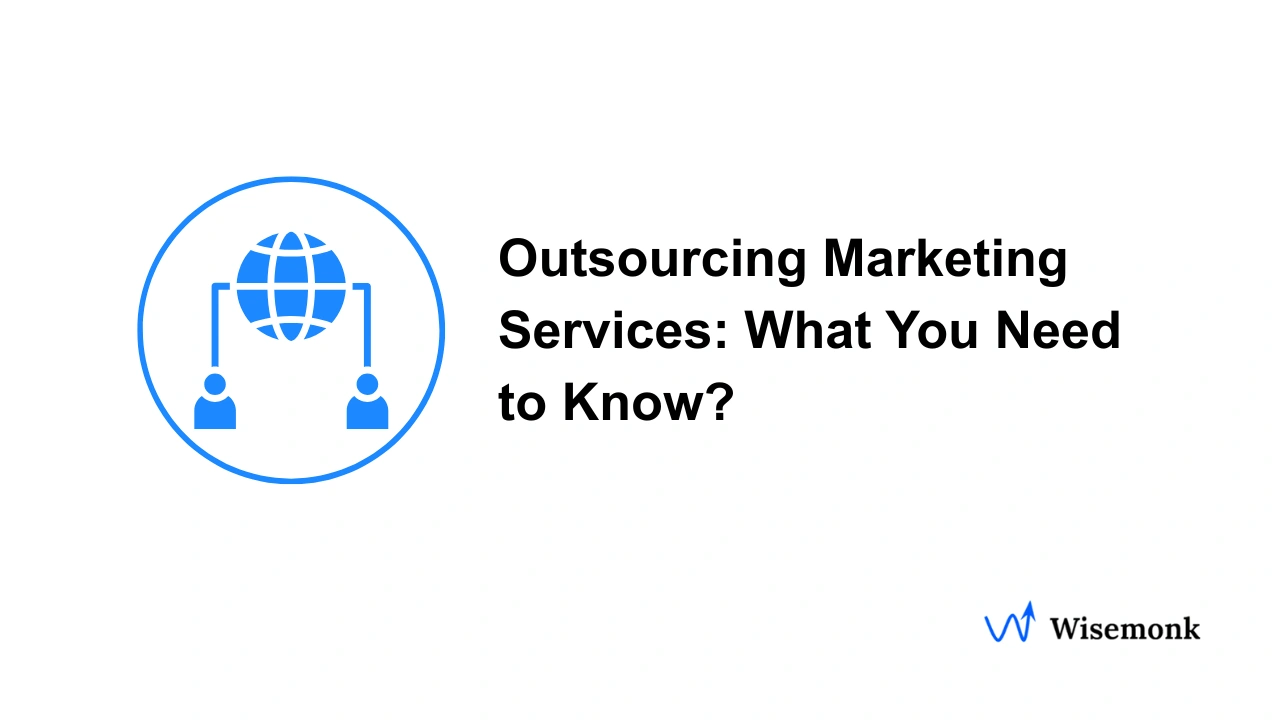


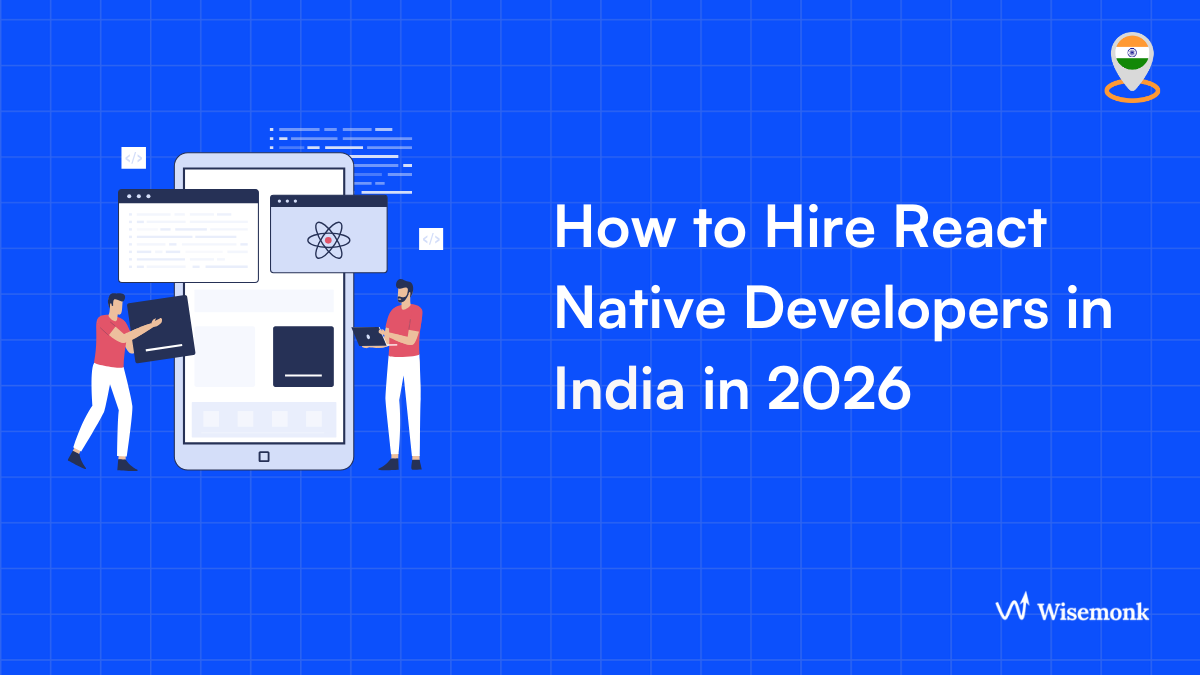
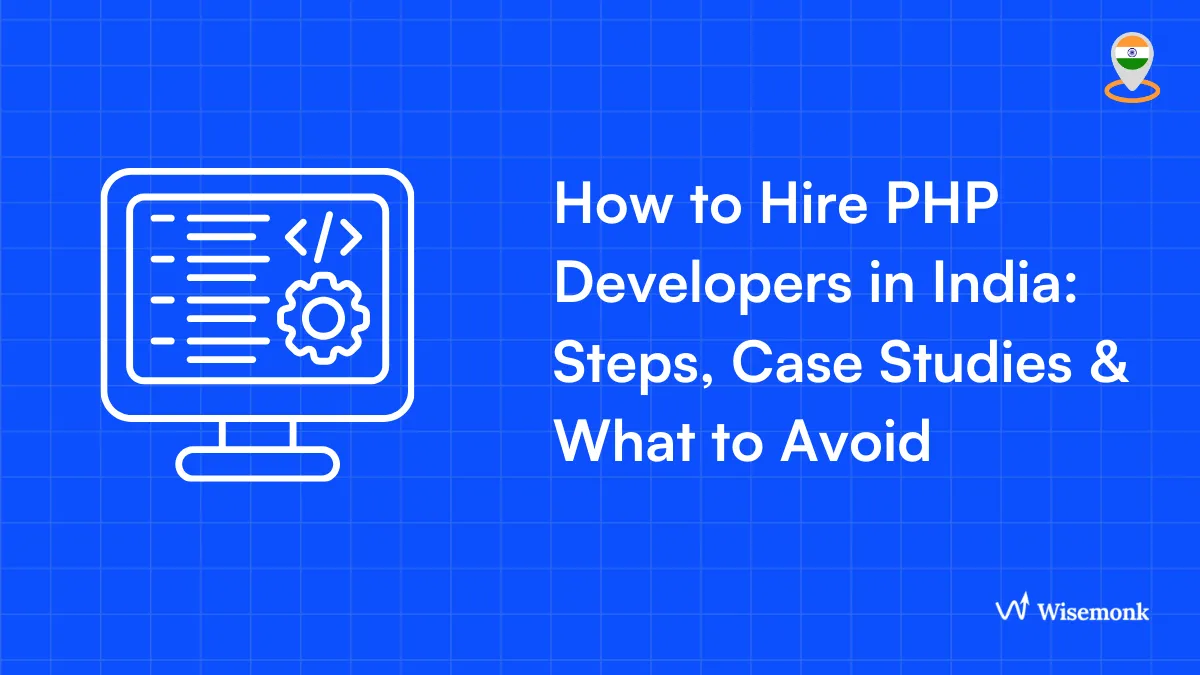
.webp)
.webp)

.webp)
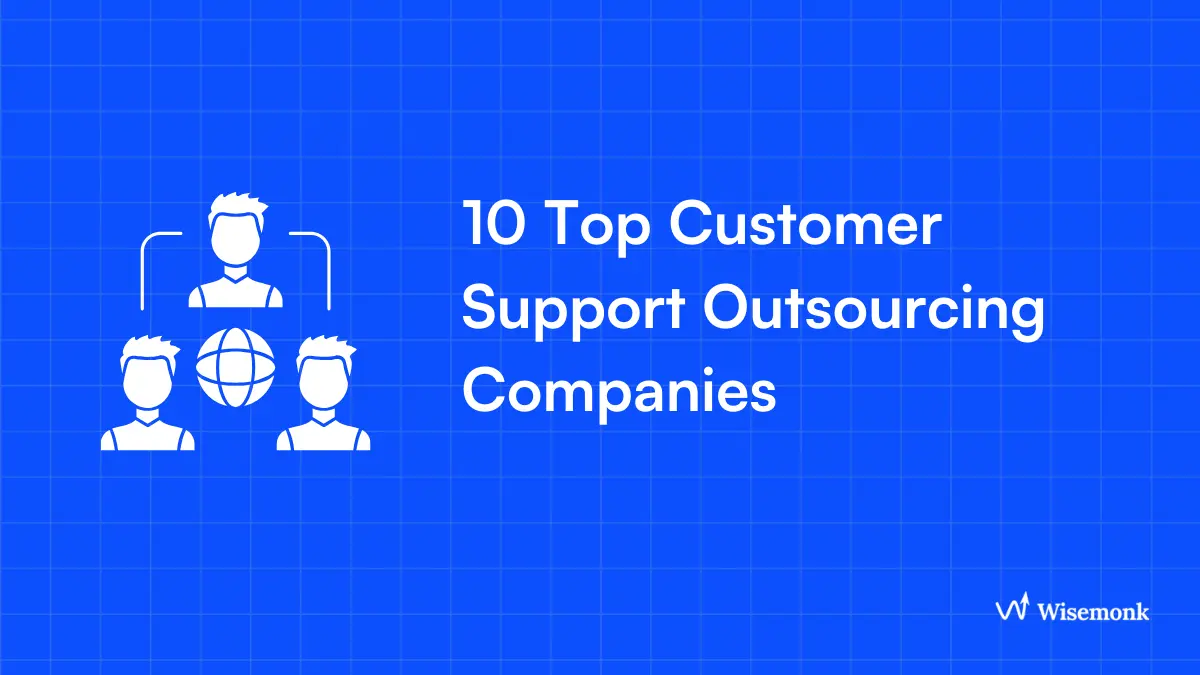
.webp)

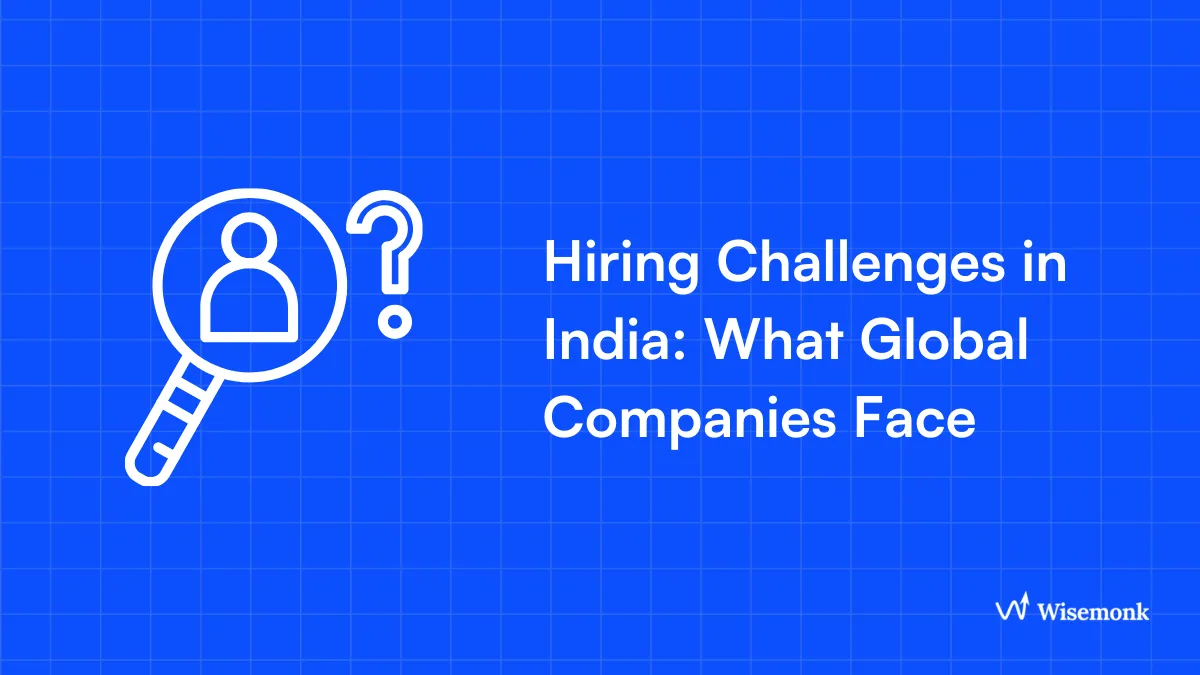

.webp)
.webp)
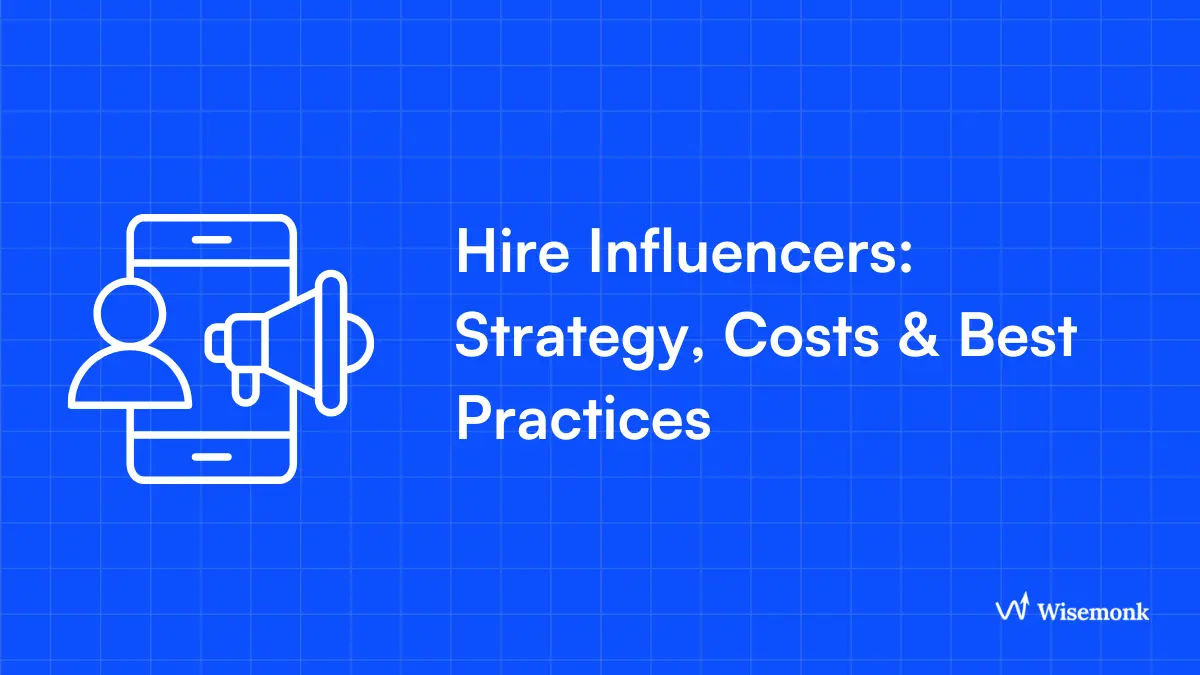
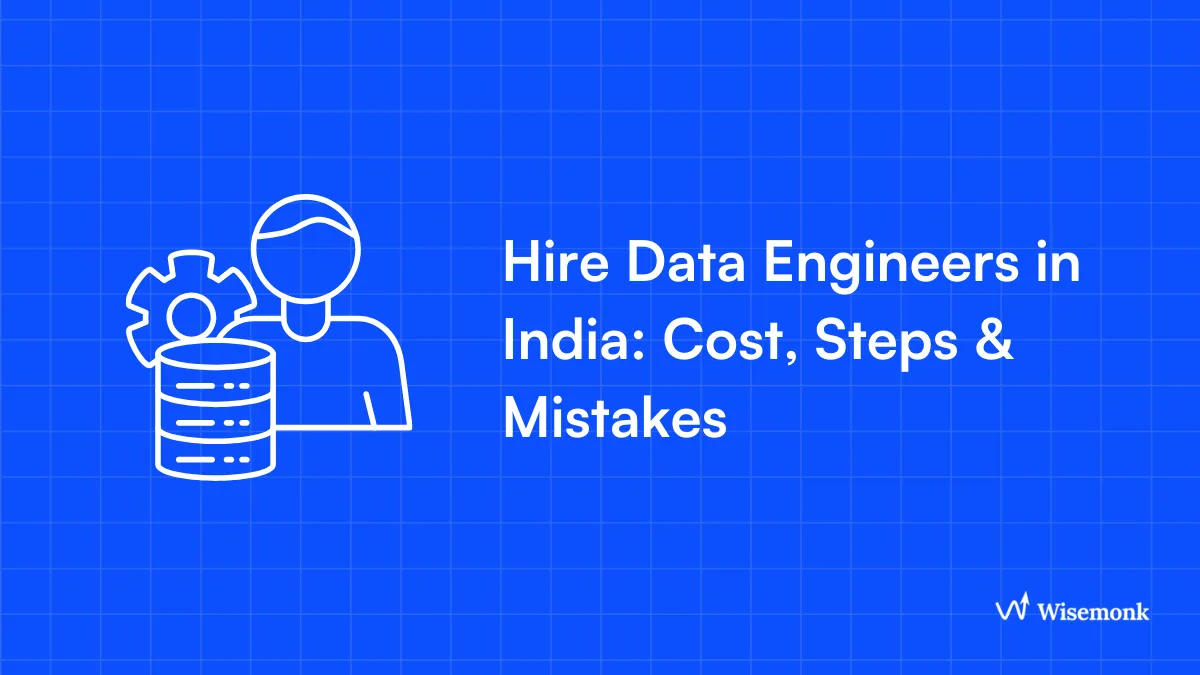
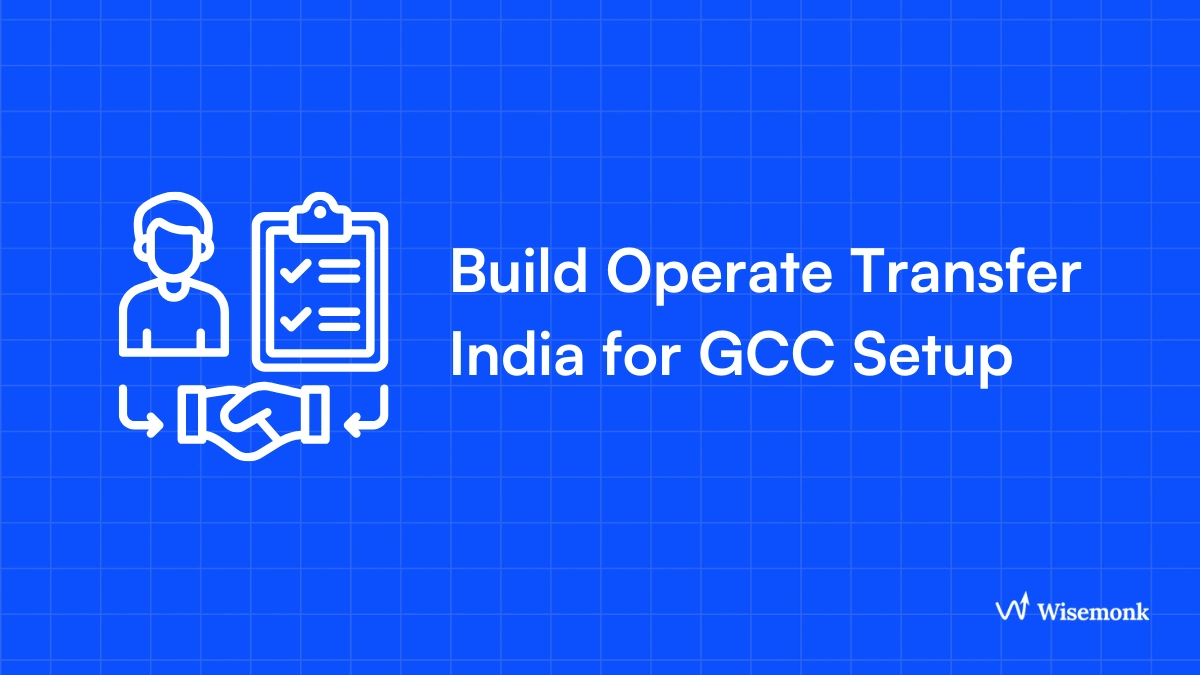
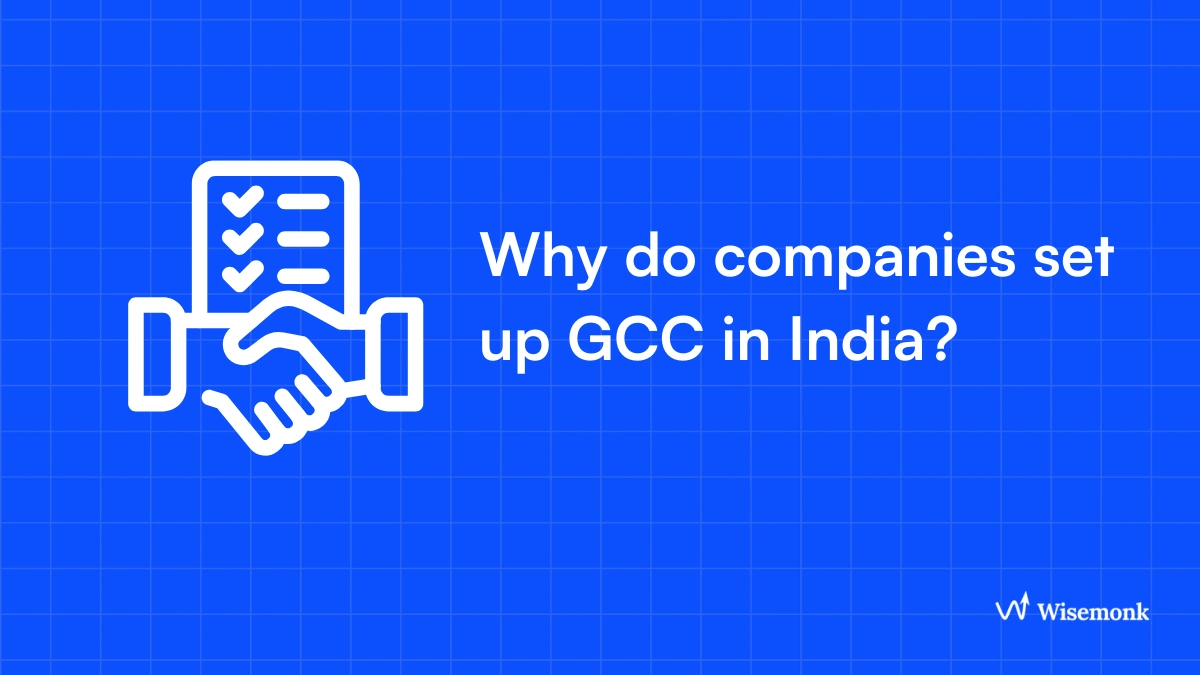
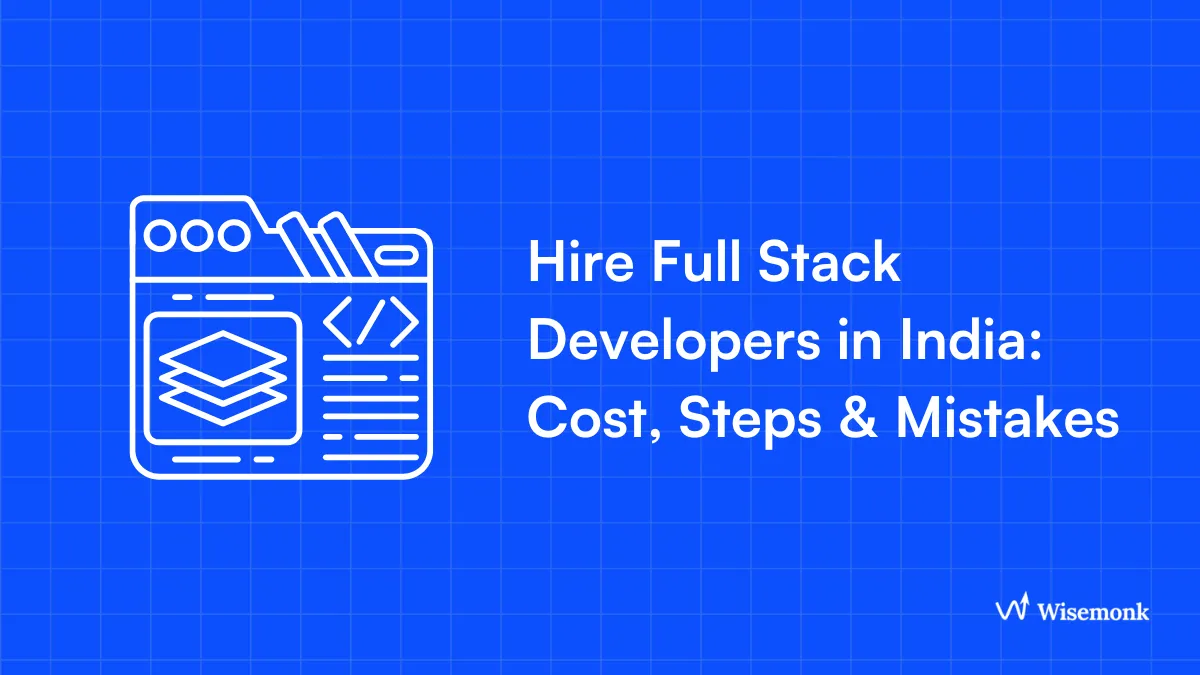
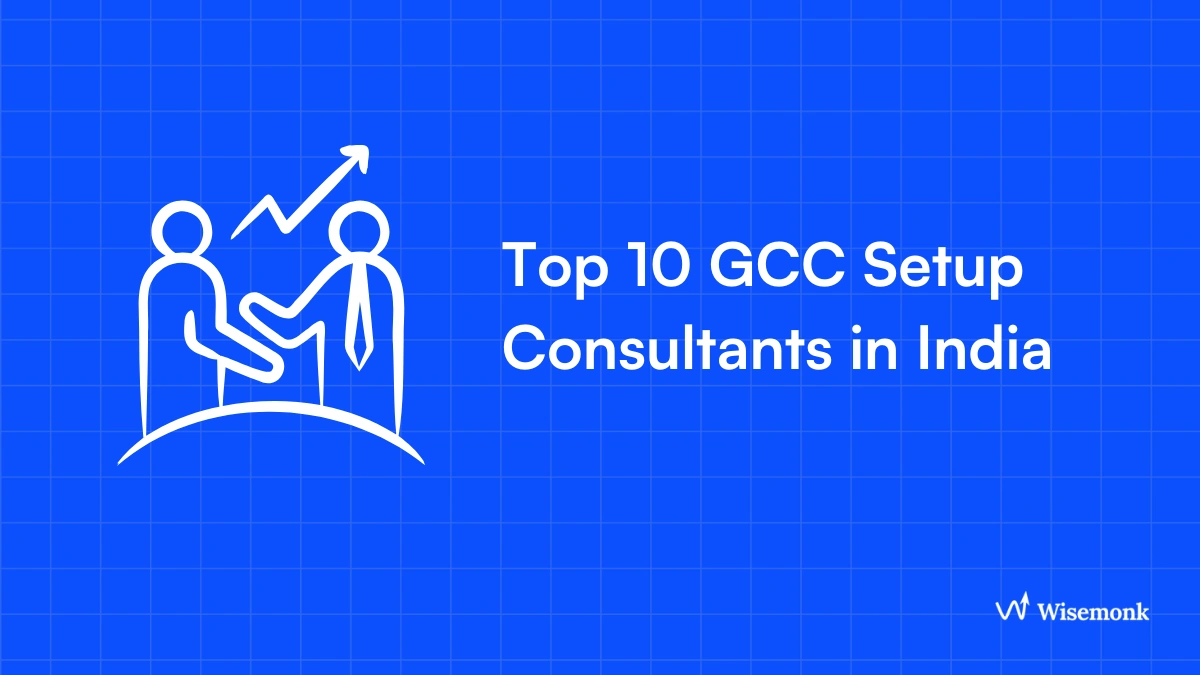
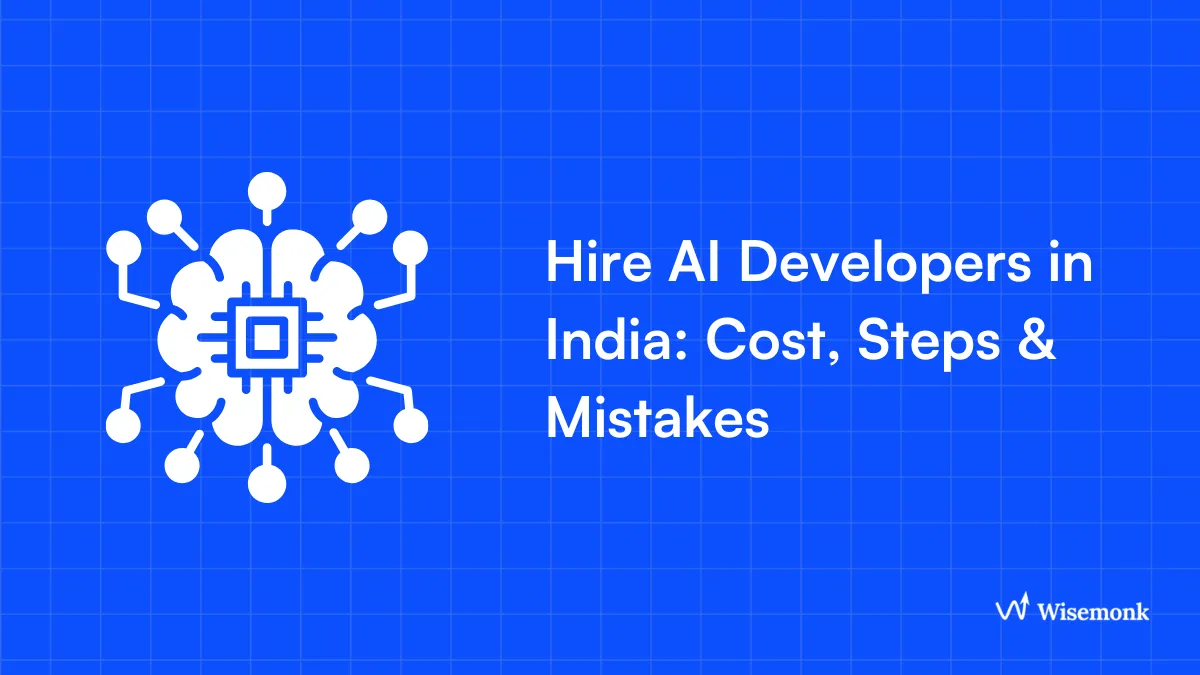
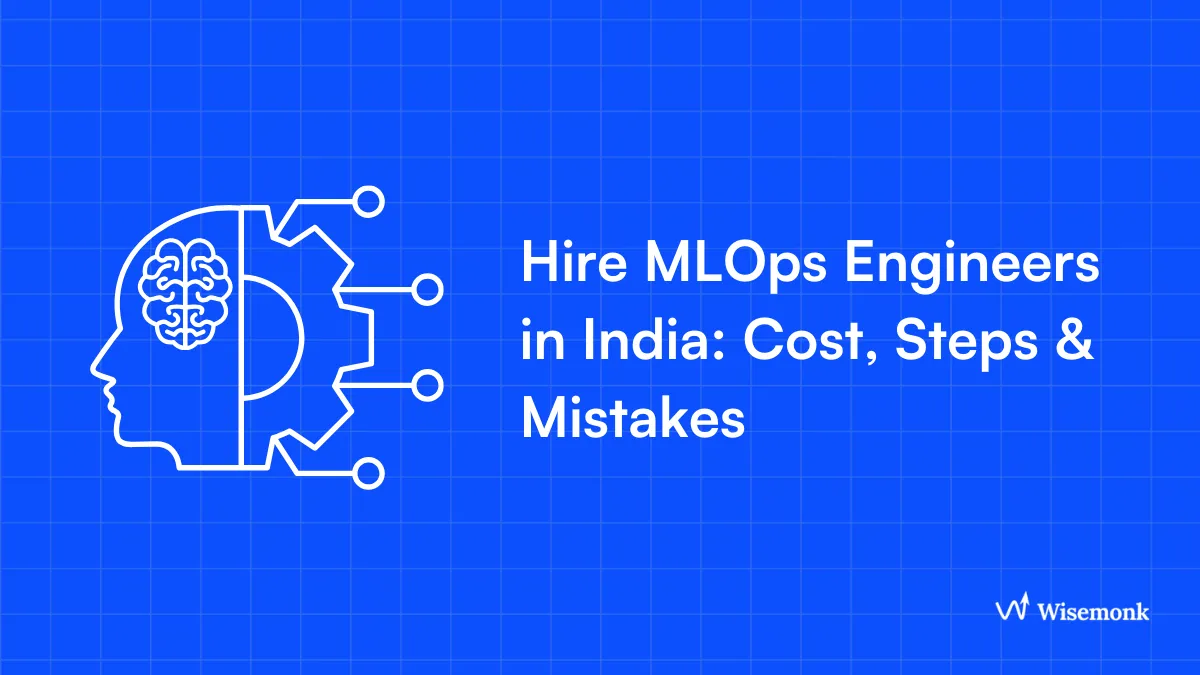
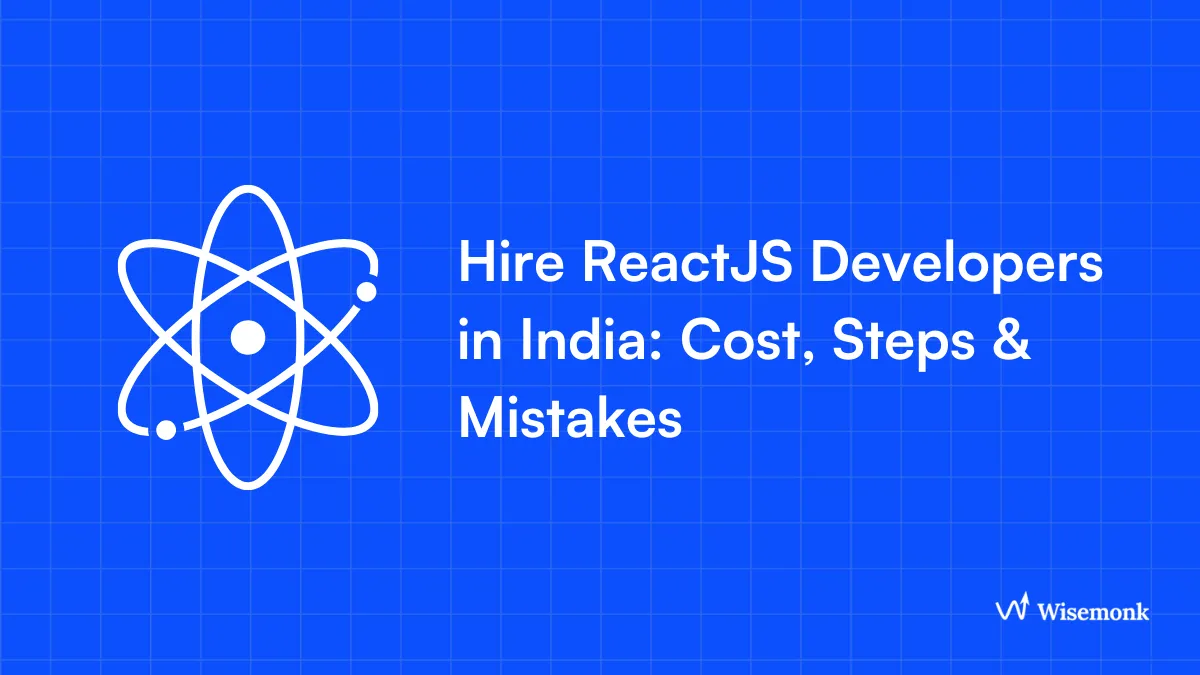
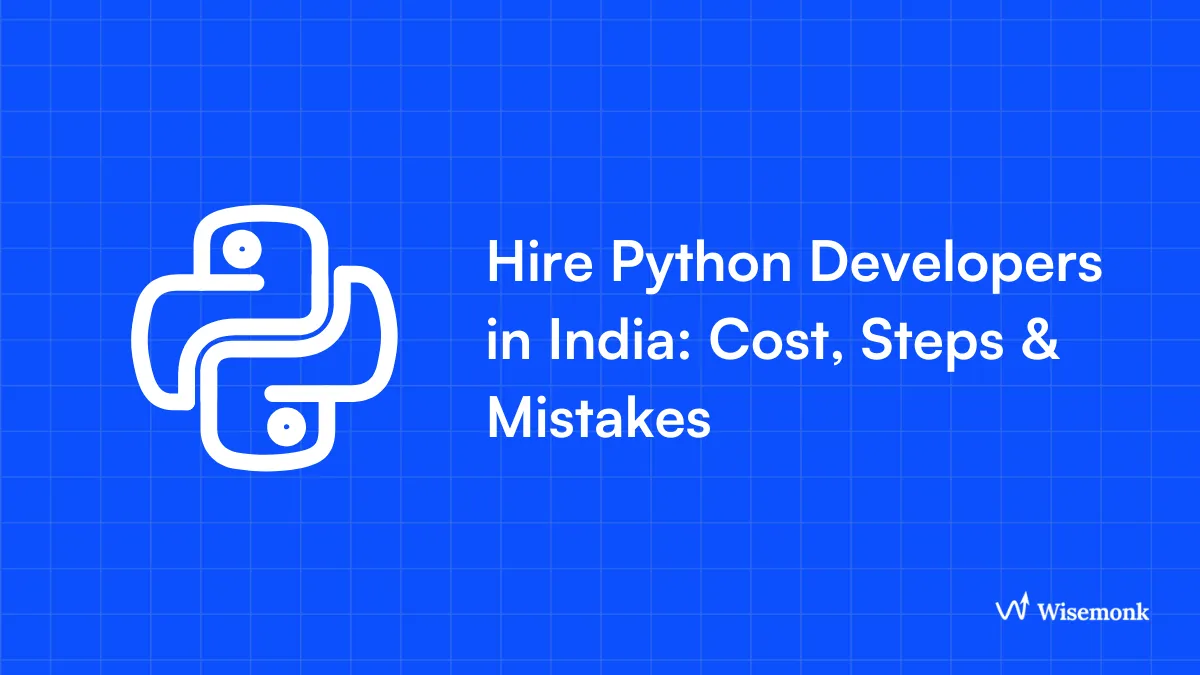


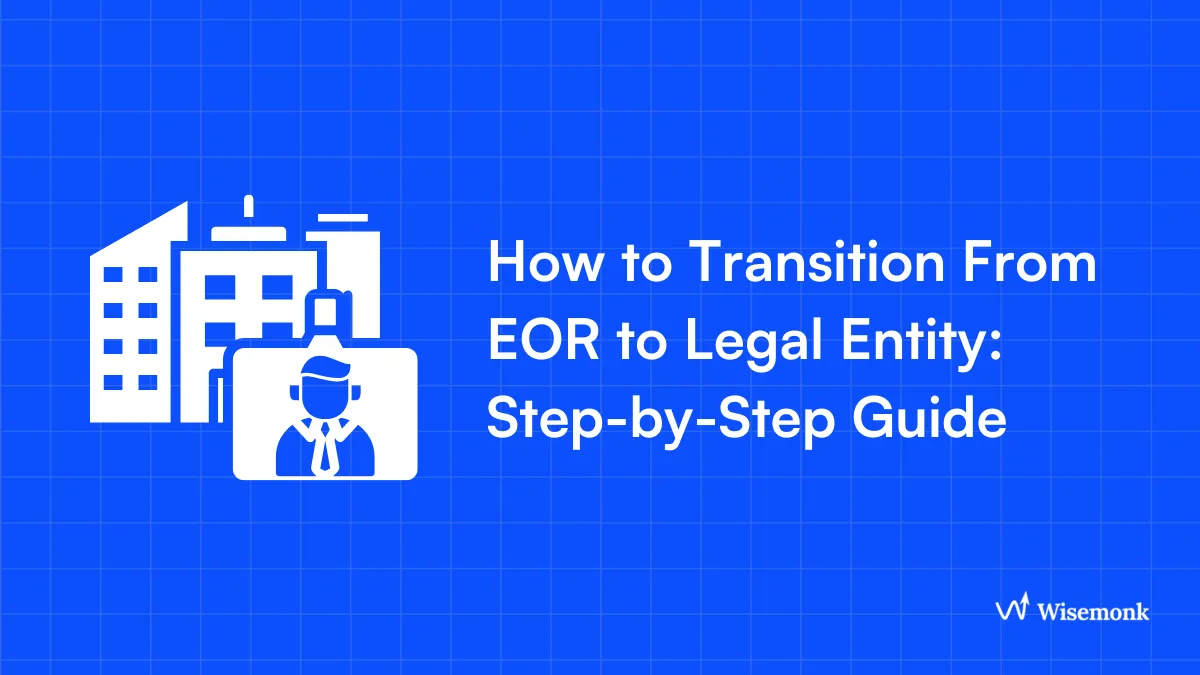

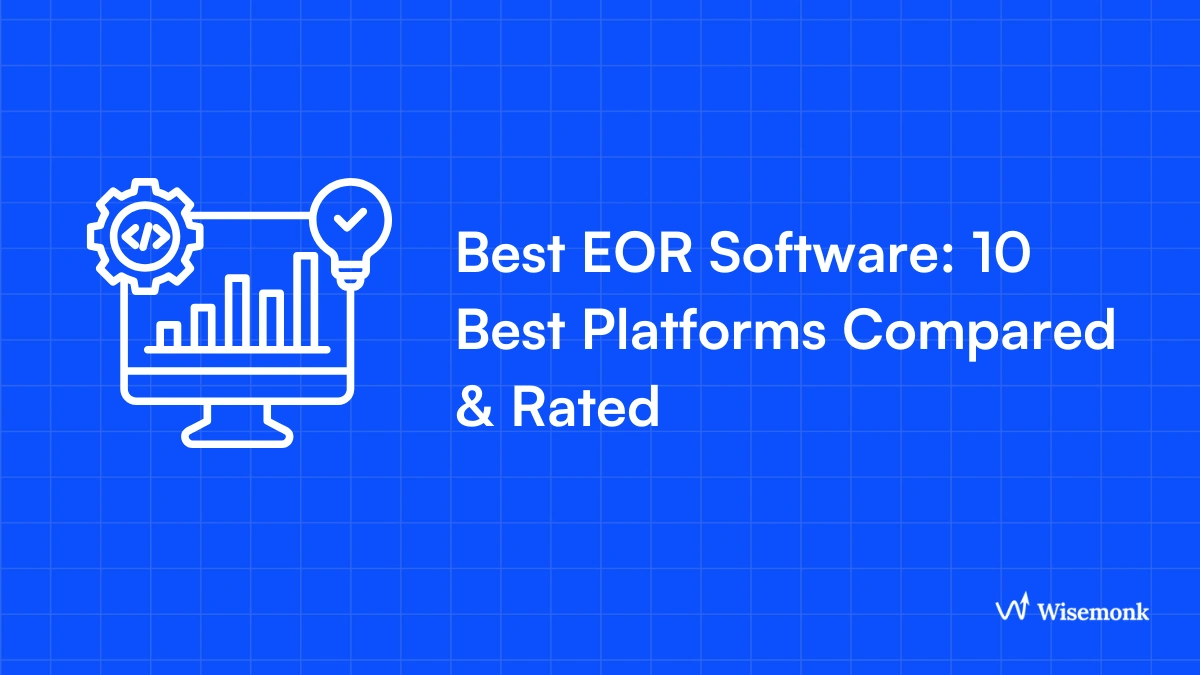
.webp)
.webp)
.webp)
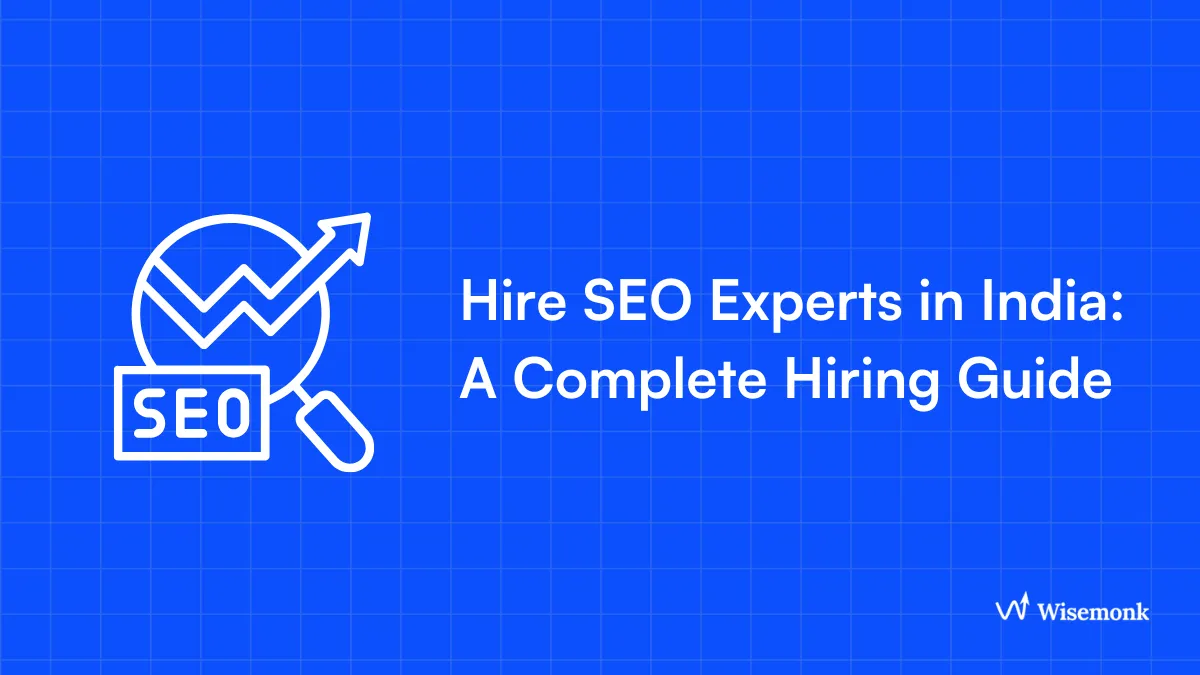
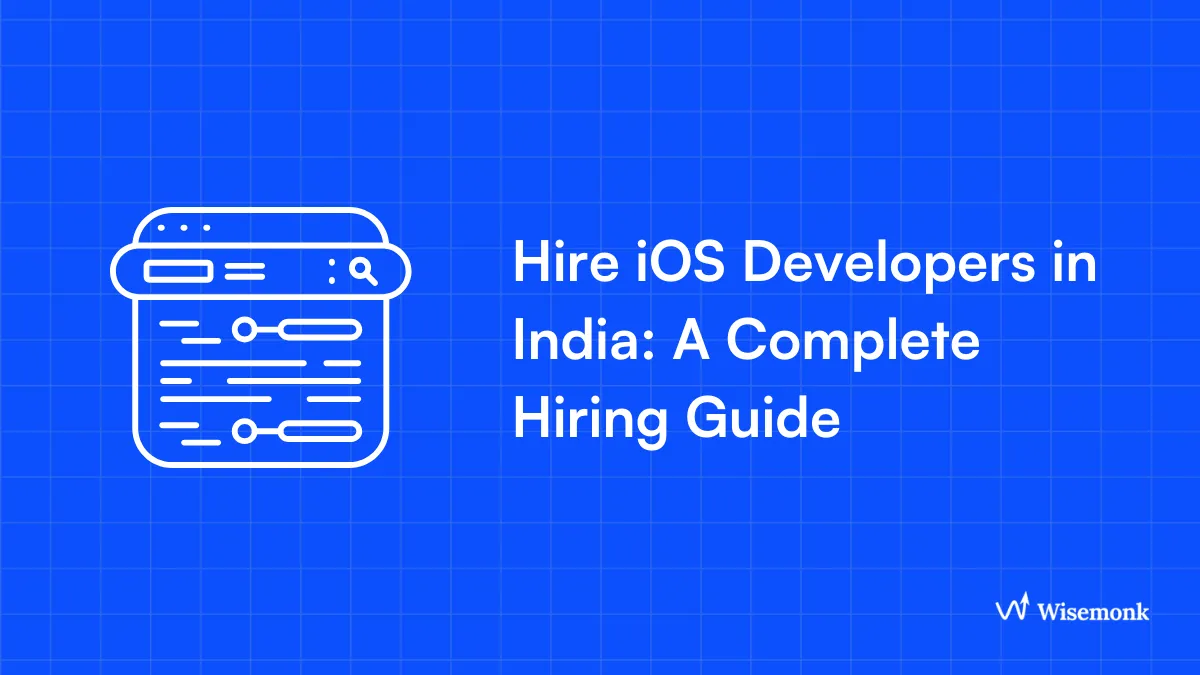


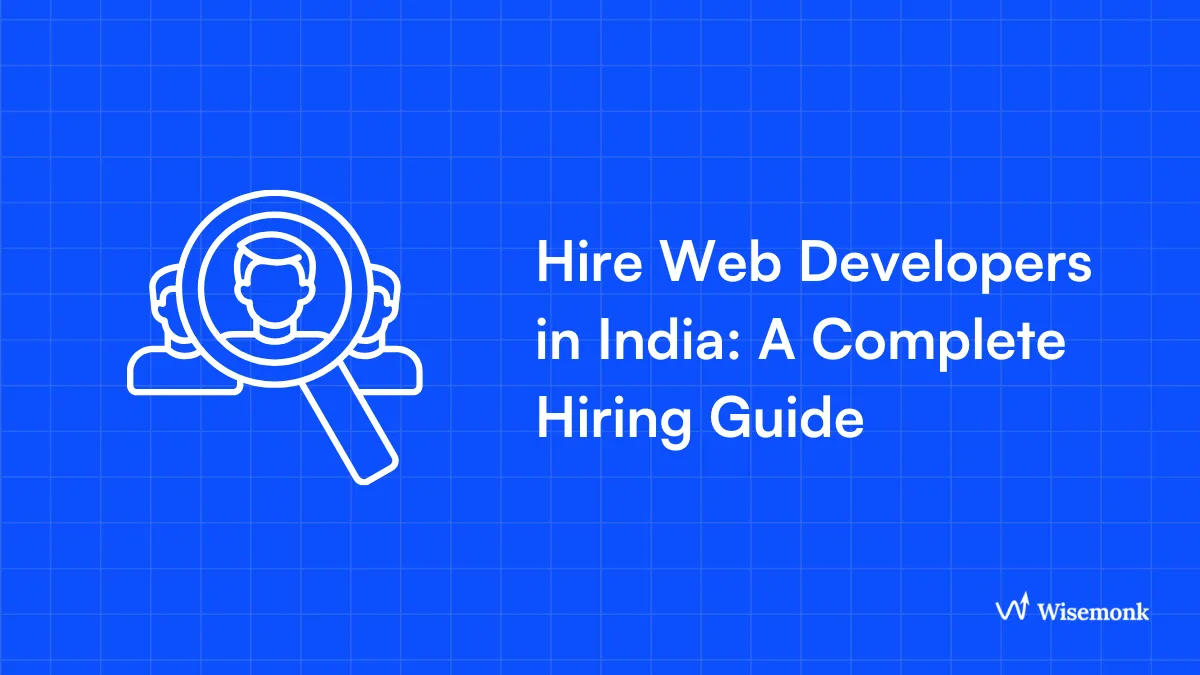
.webp)
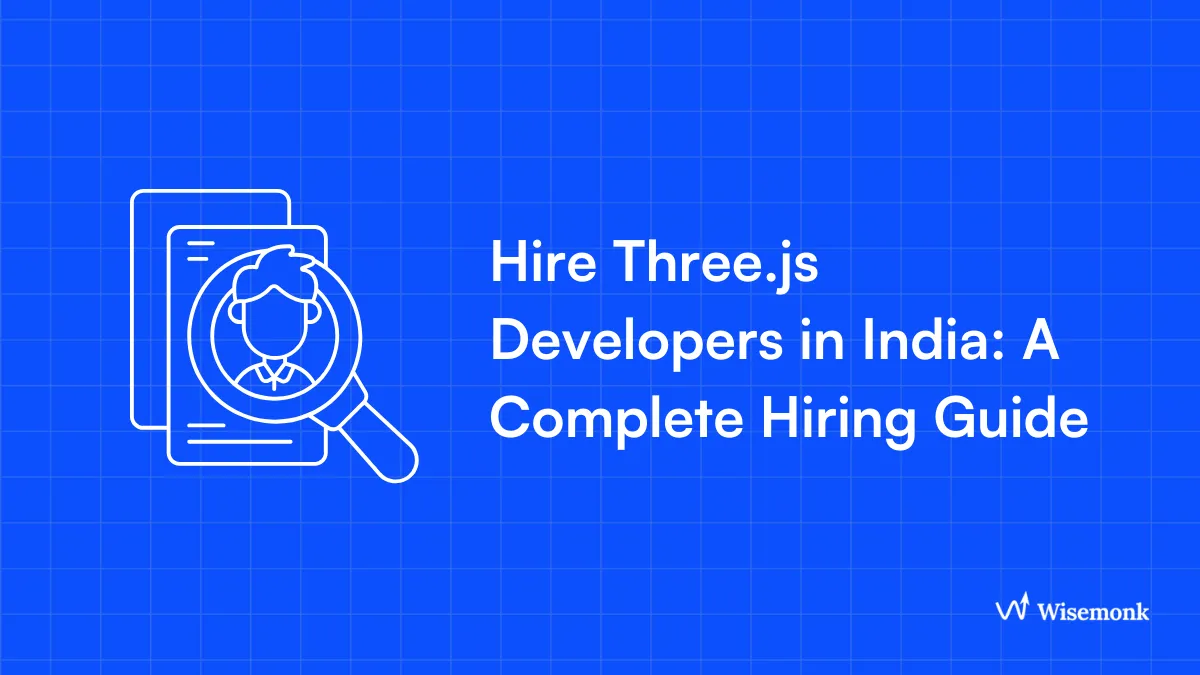
.webp)
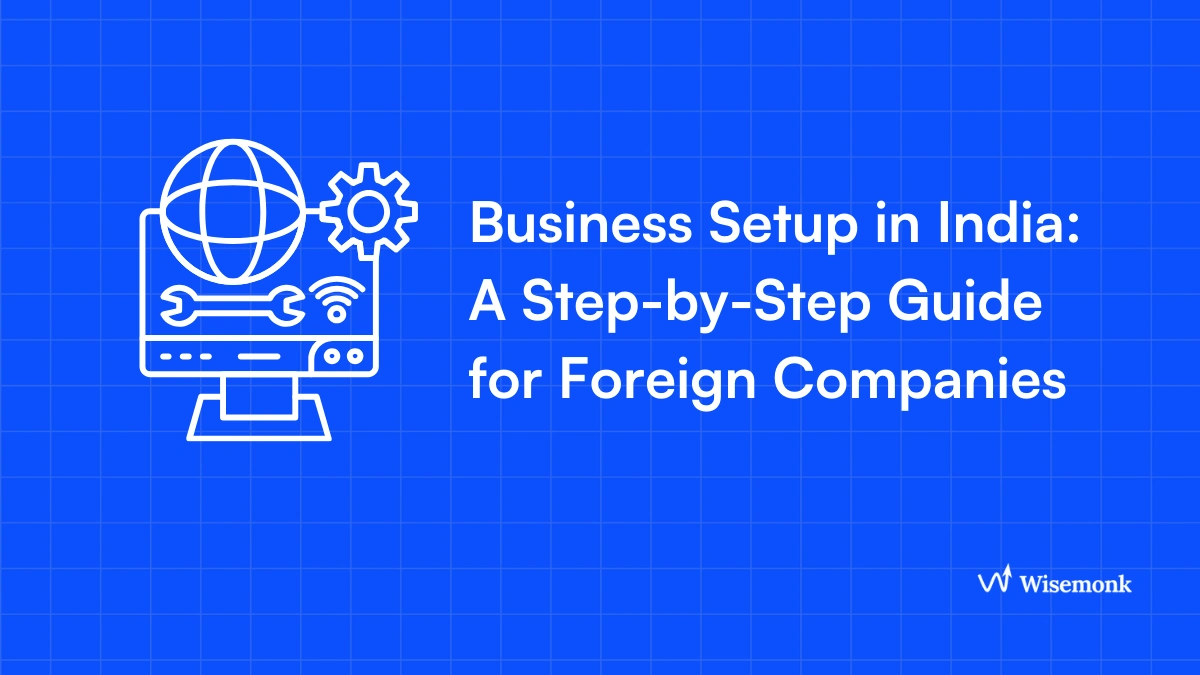

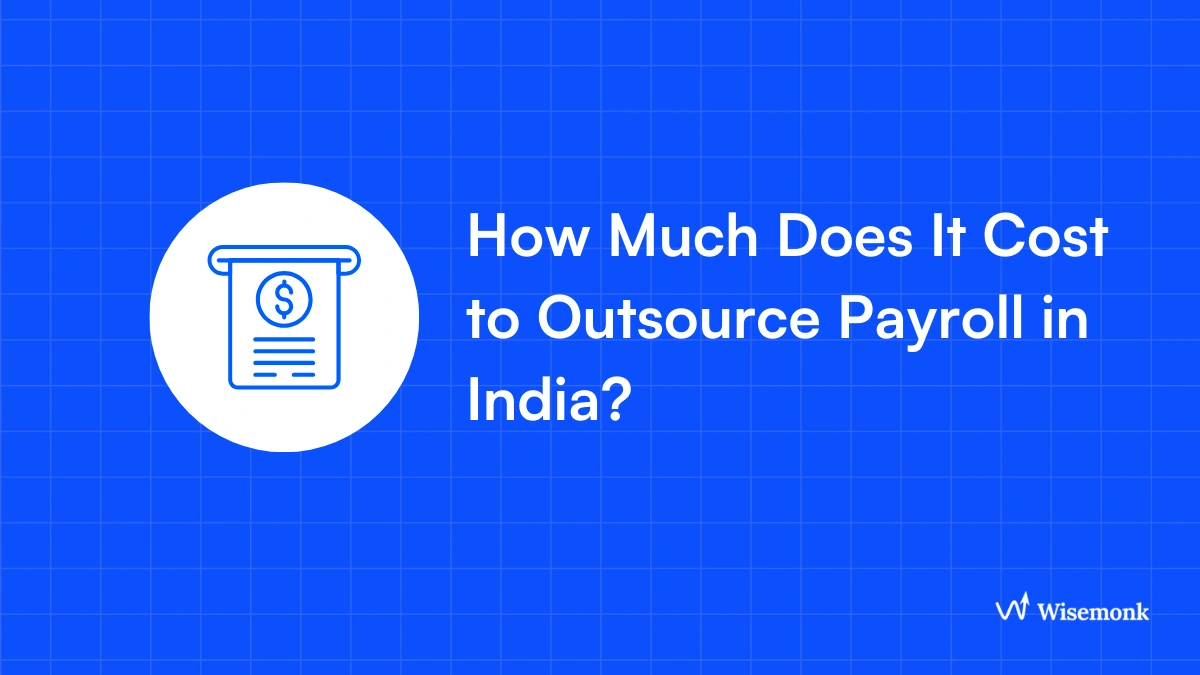
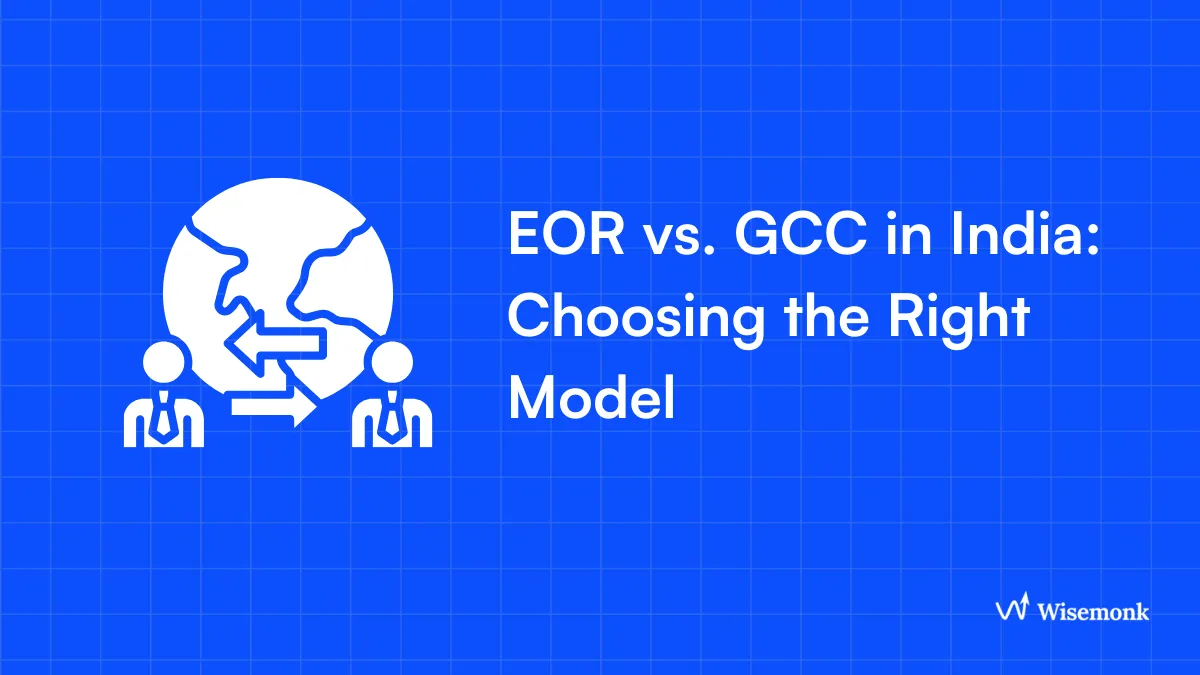

.webp)
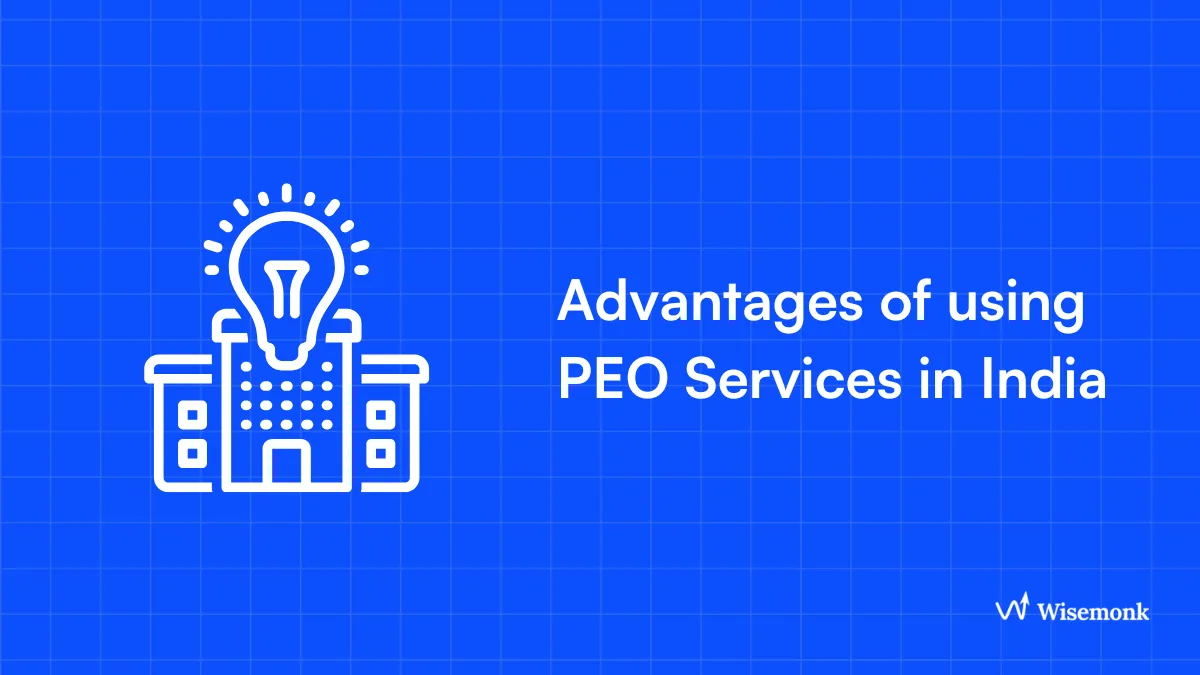




.webp)
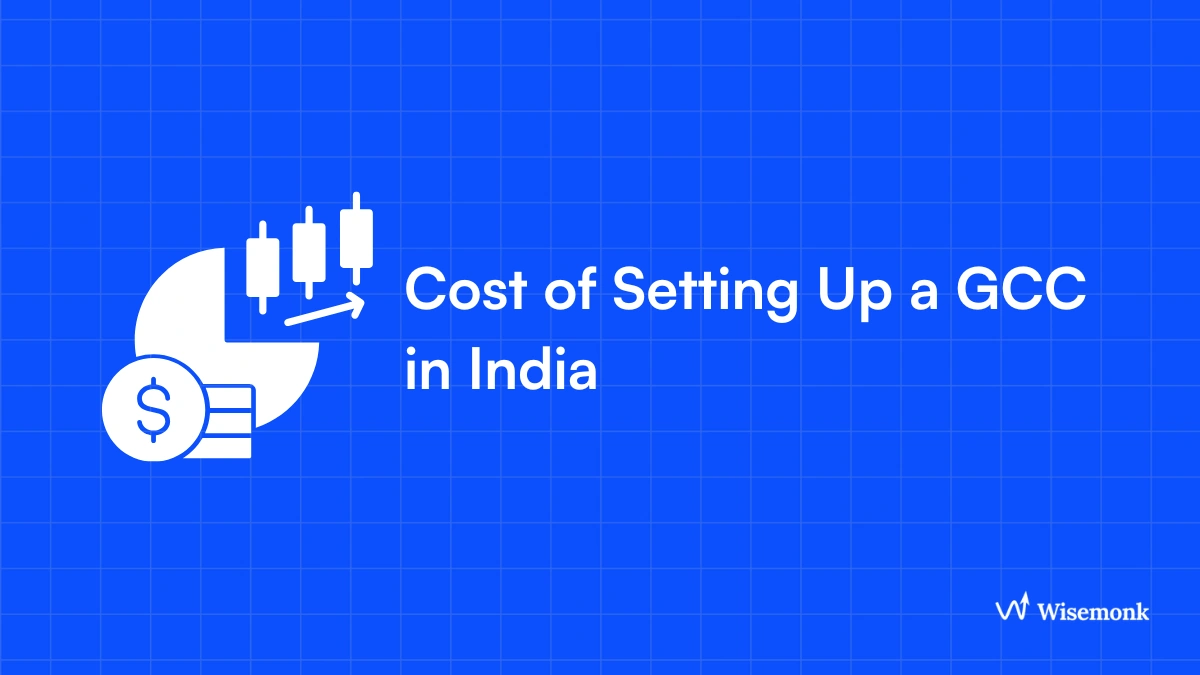
%20in%20India.webp)
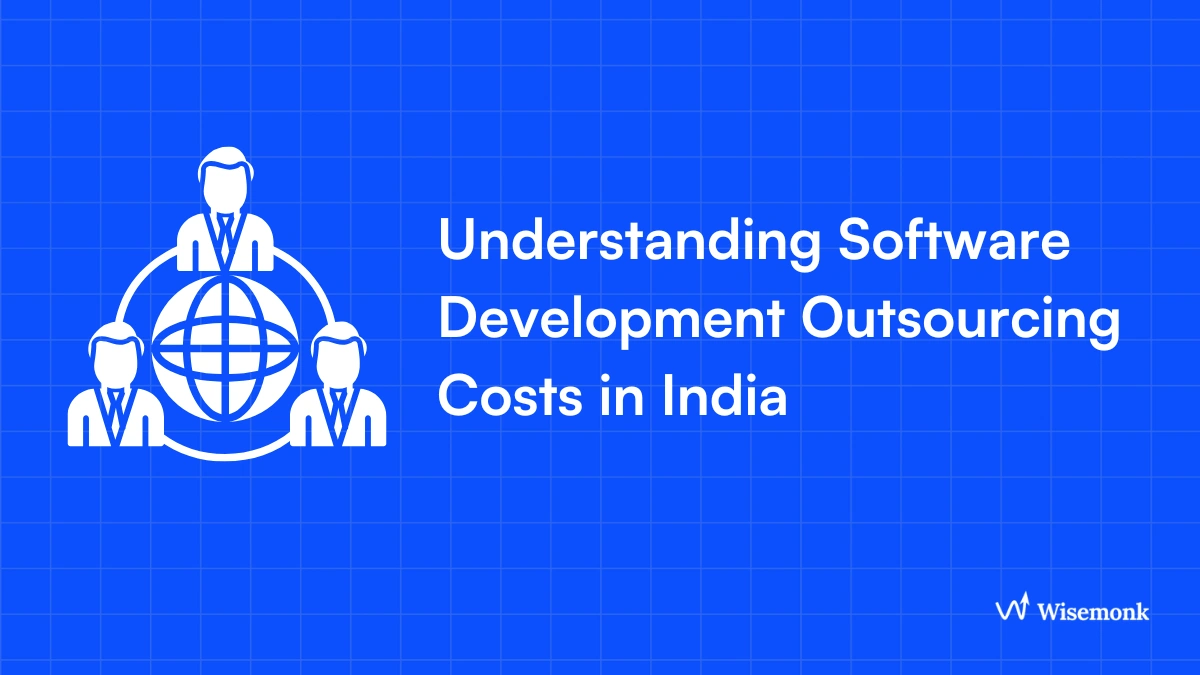

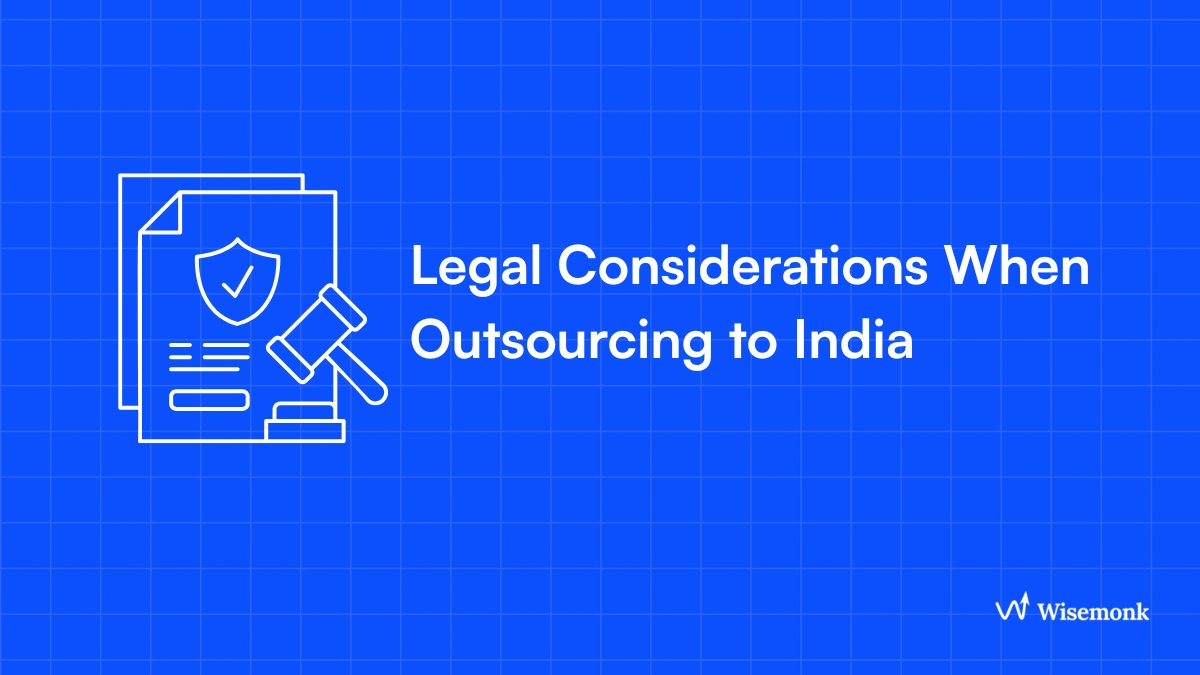
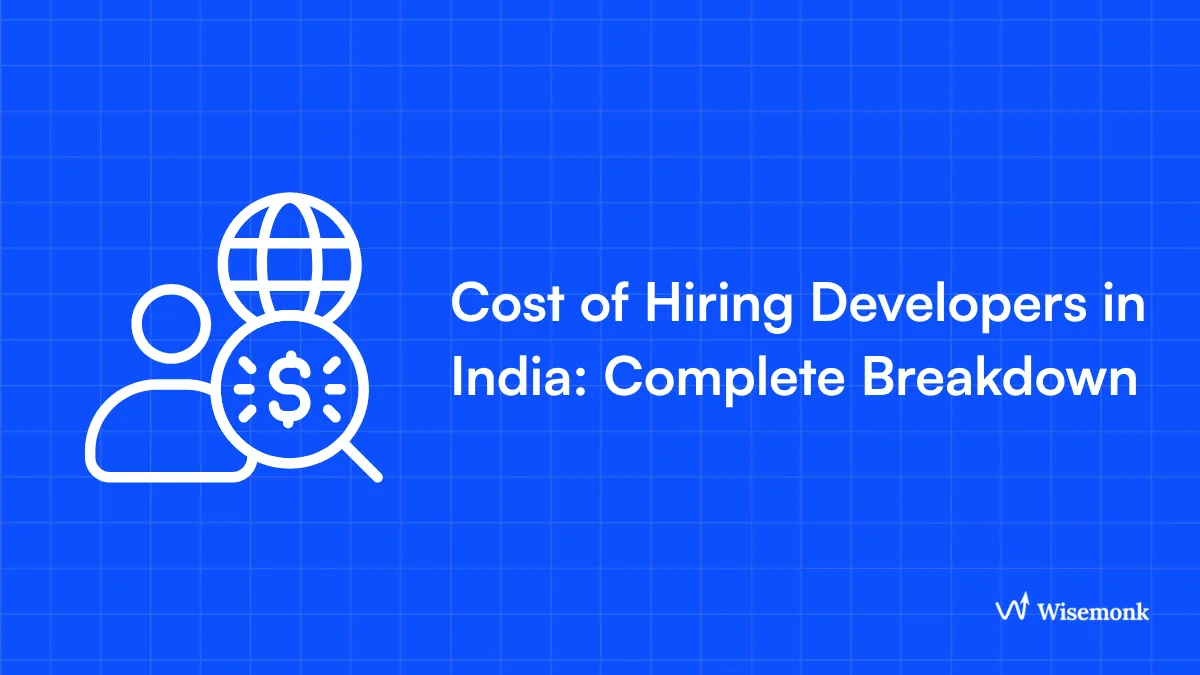

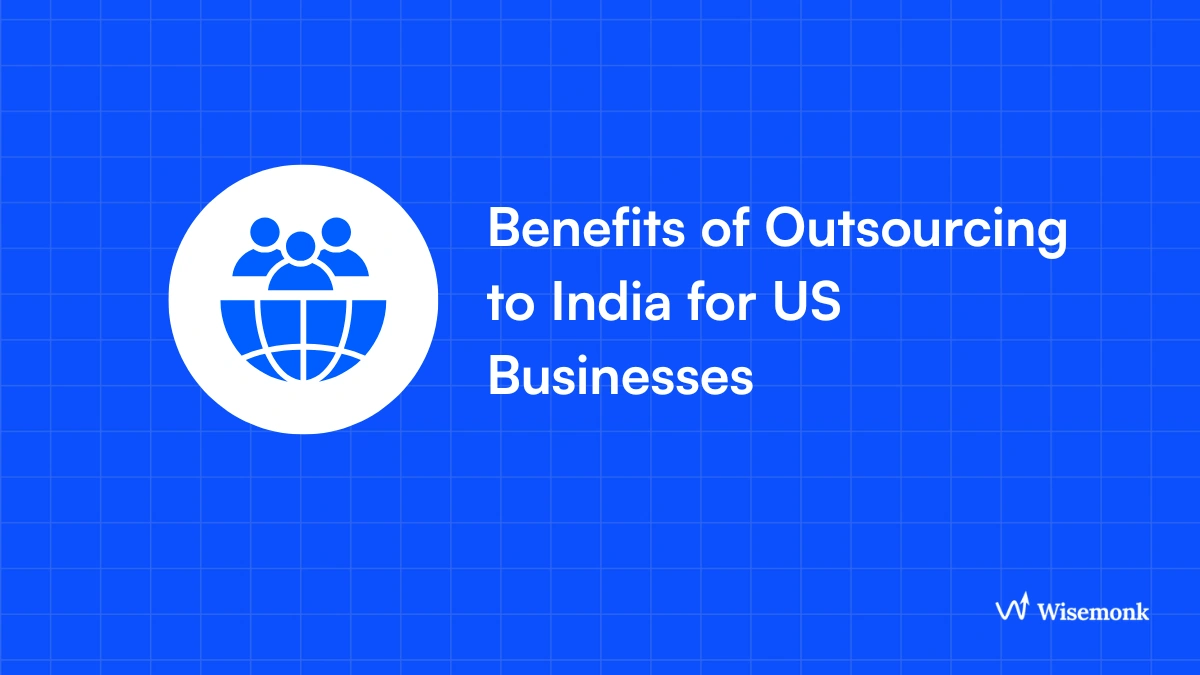

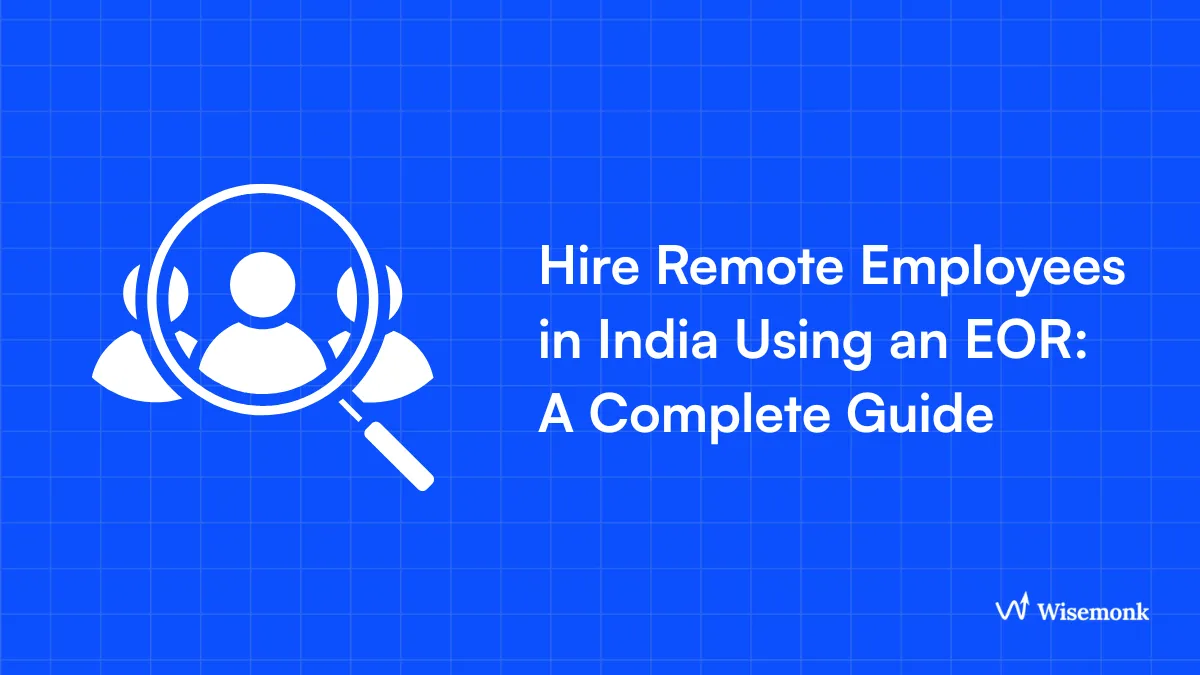


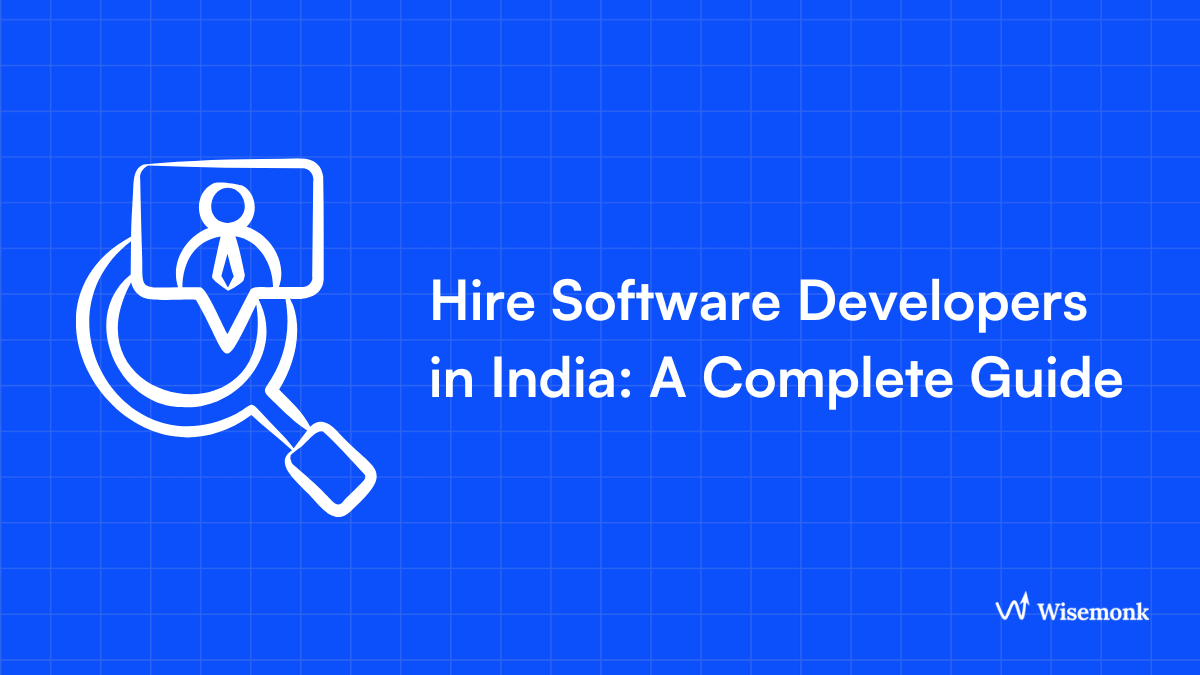
.webp)
.webp)
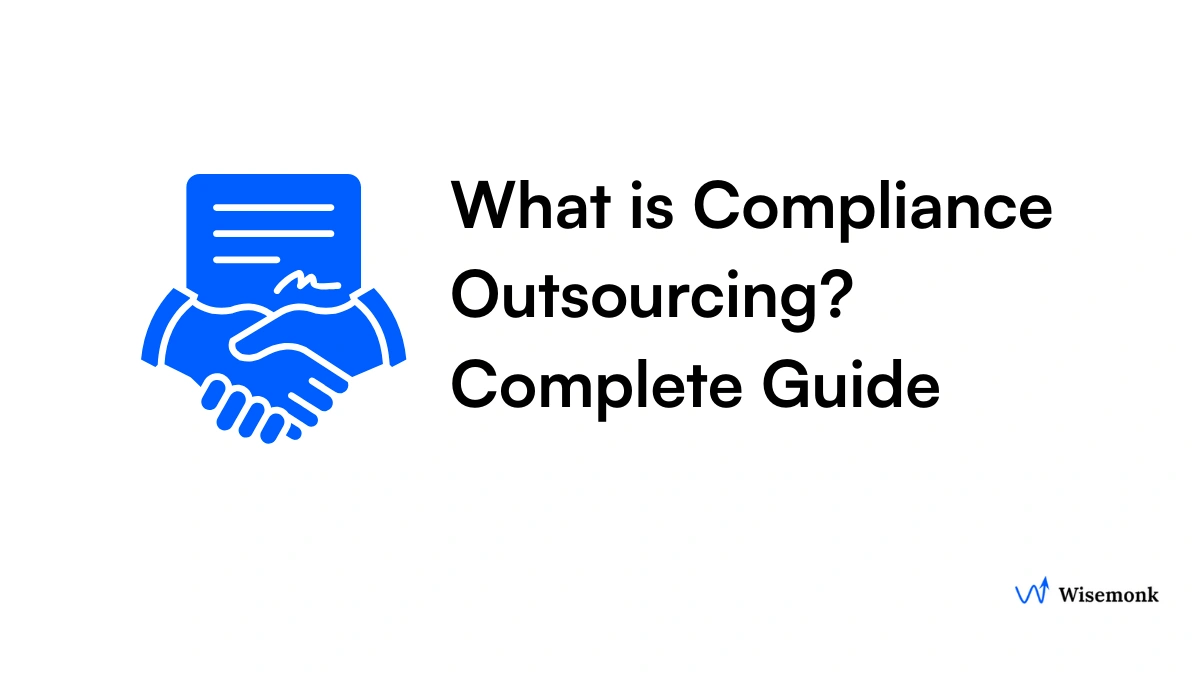

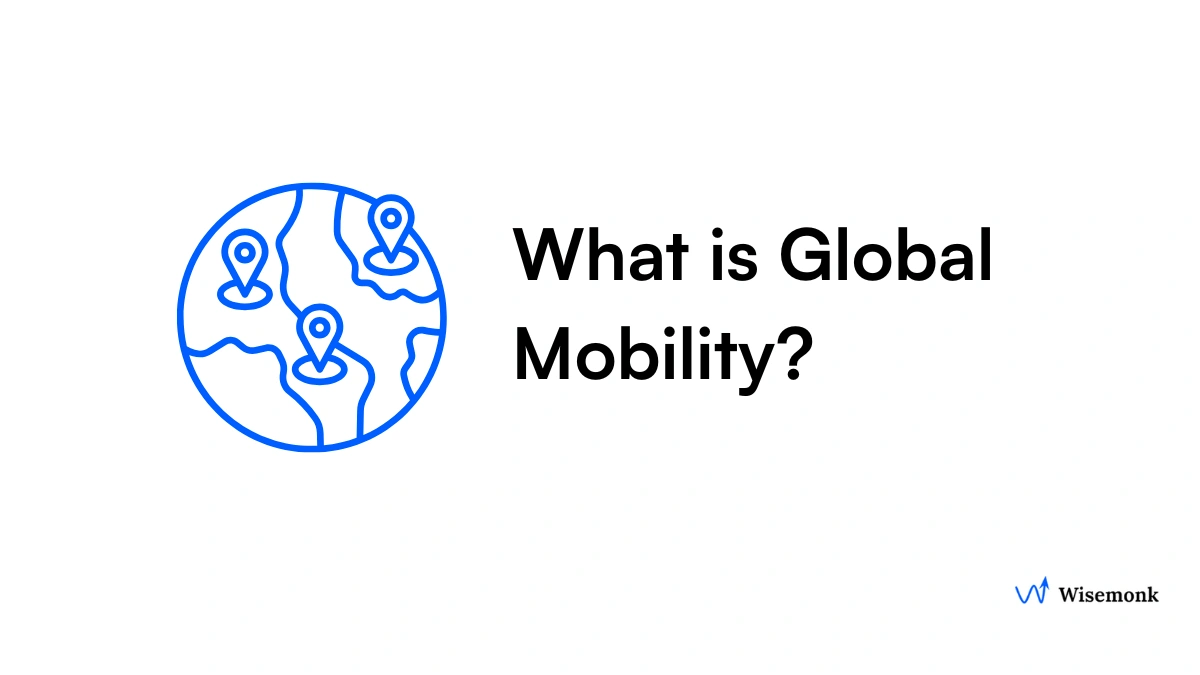
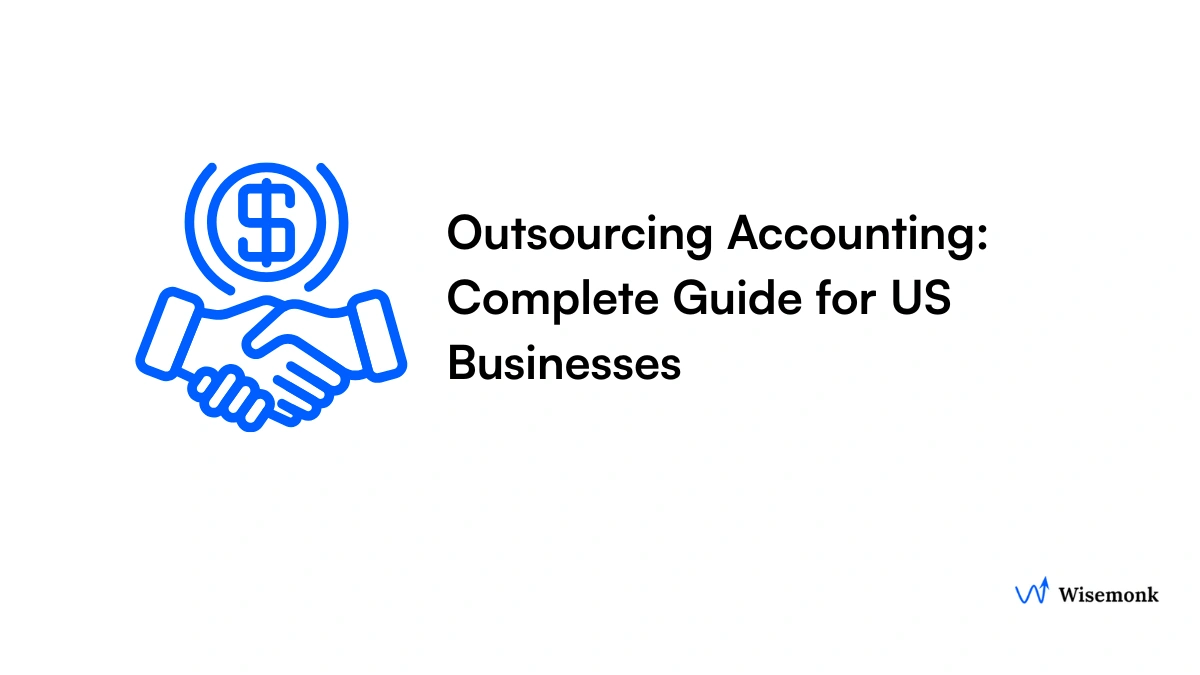
%20(3).webp)
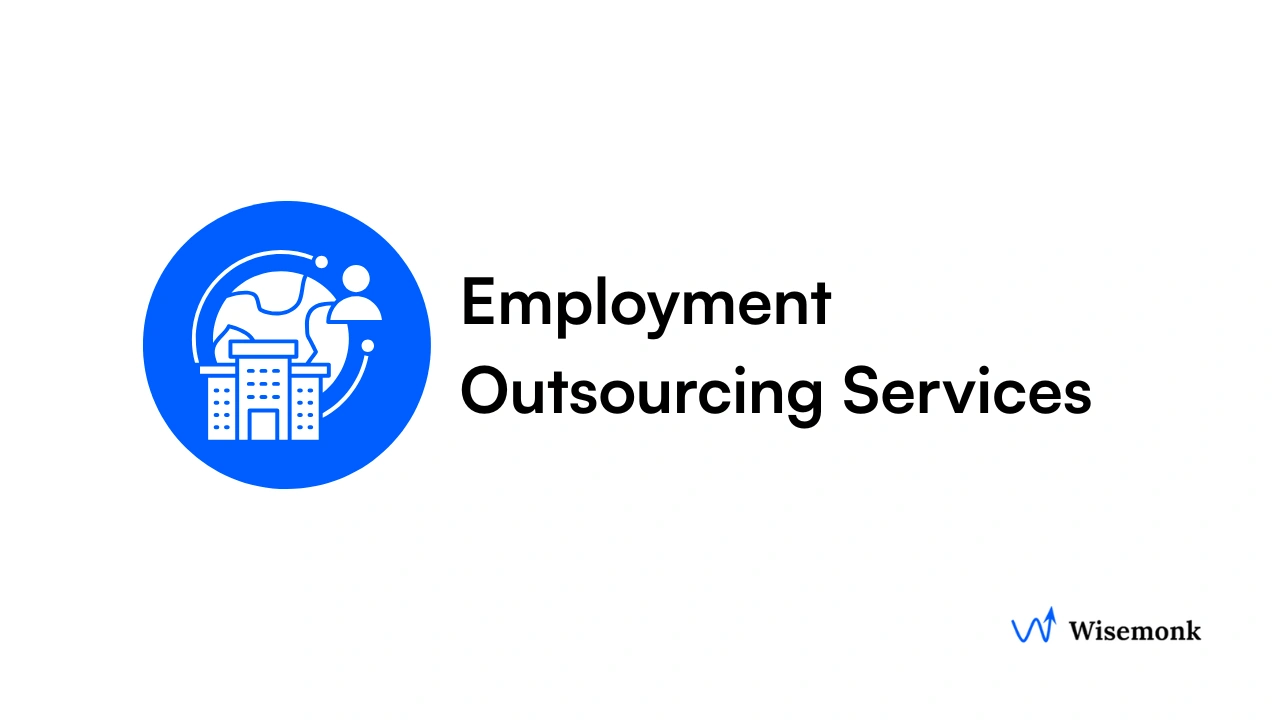
.webp)
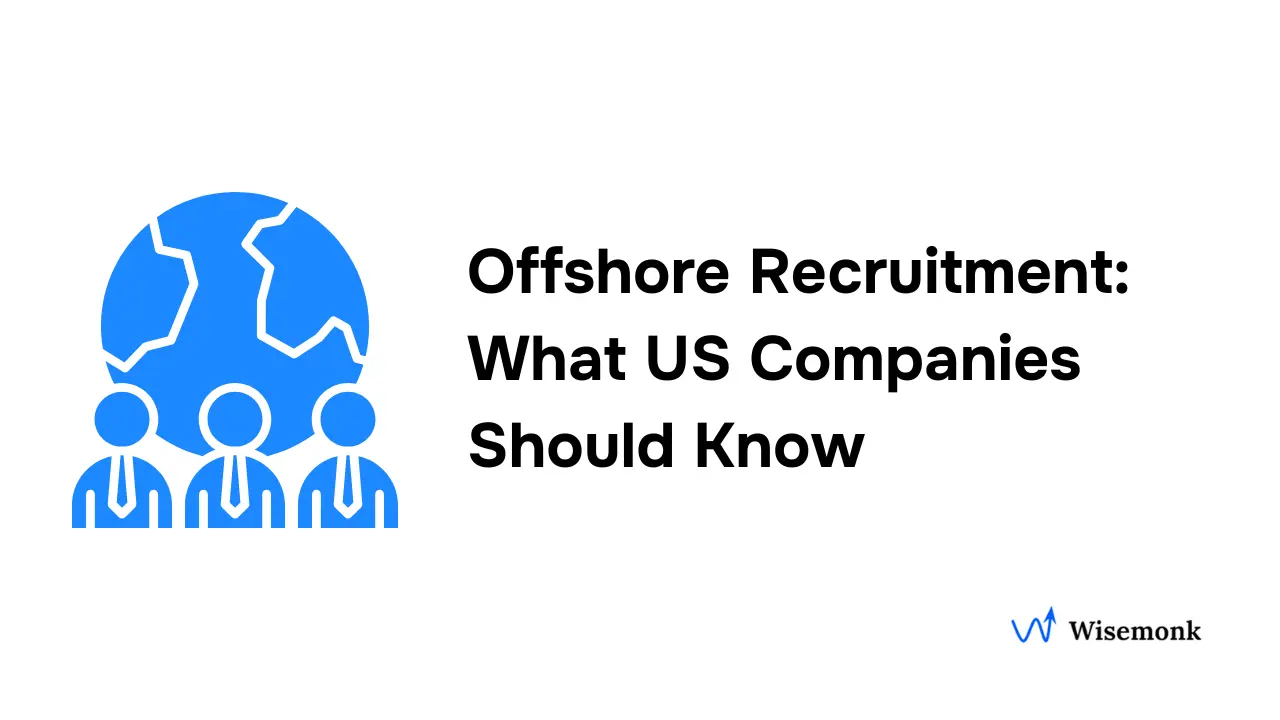

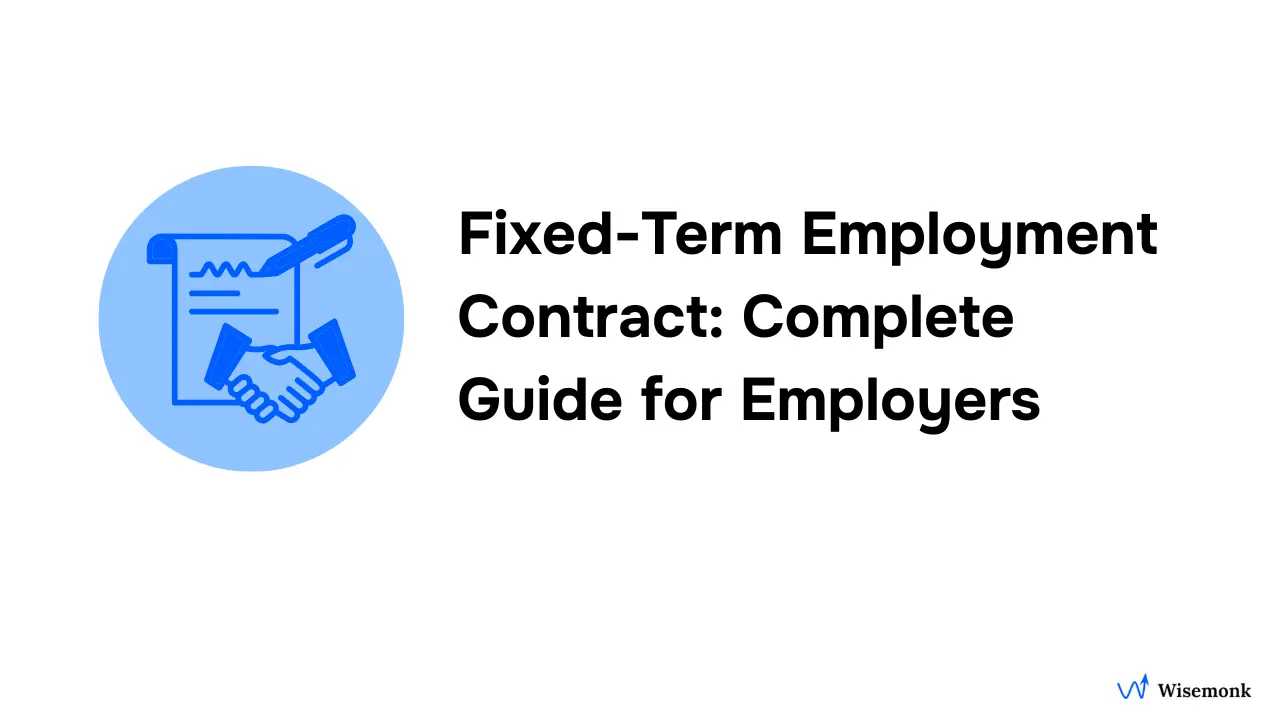
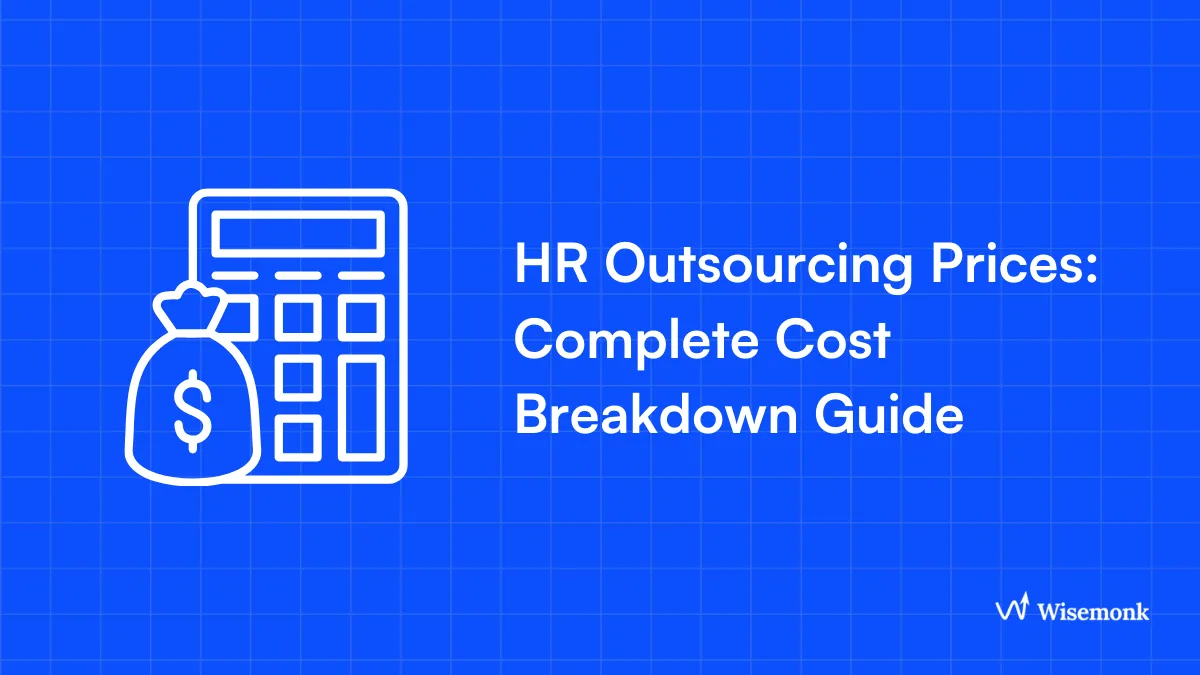
.webp)
.webp)
.webp)
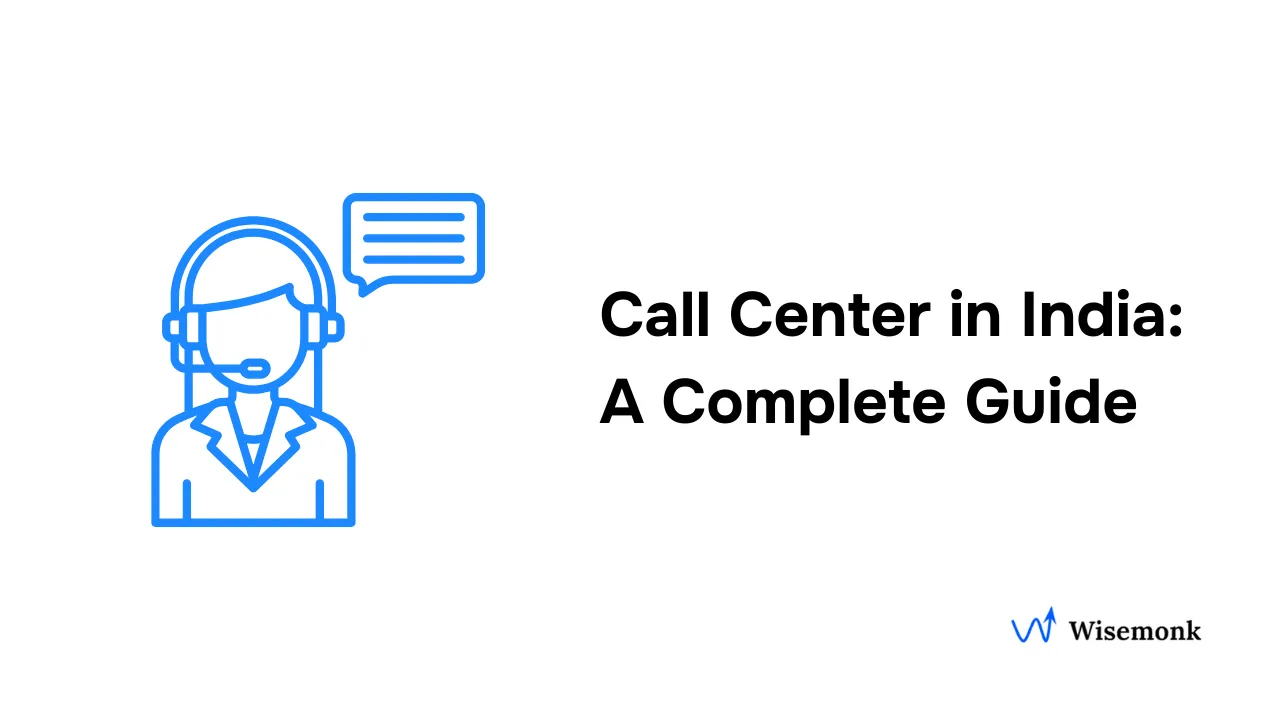
.webp)

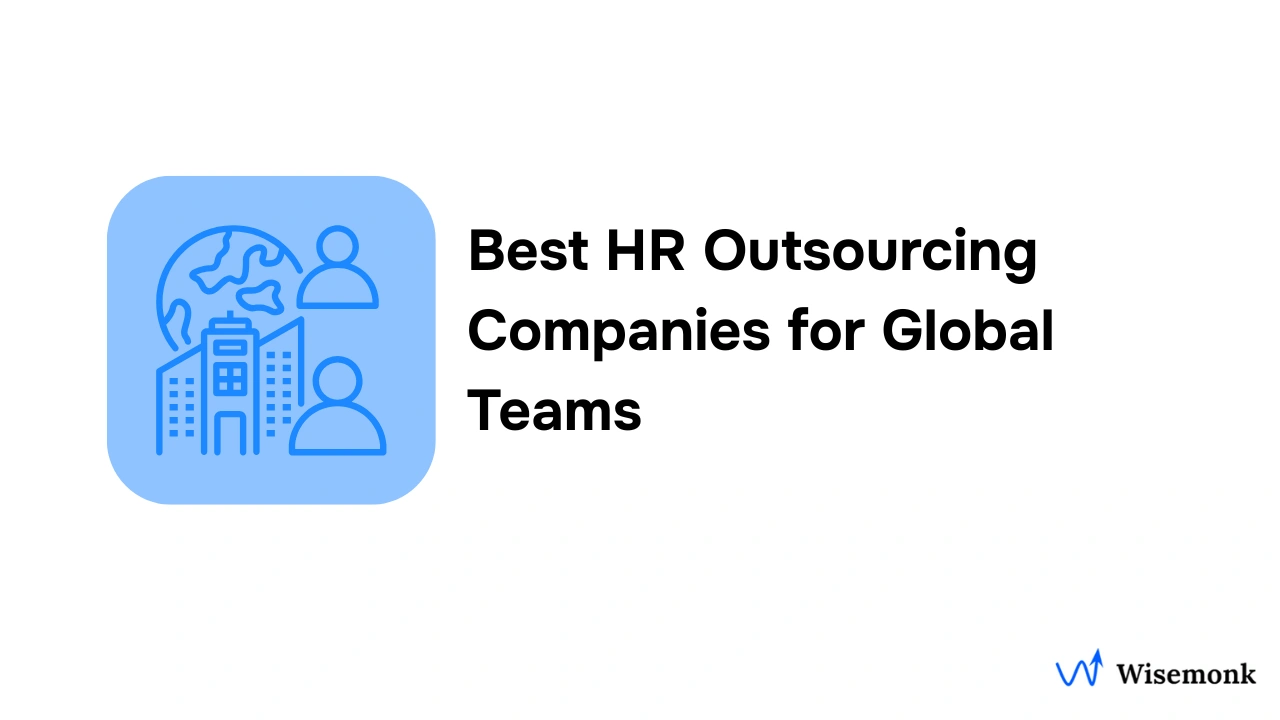
.webp)
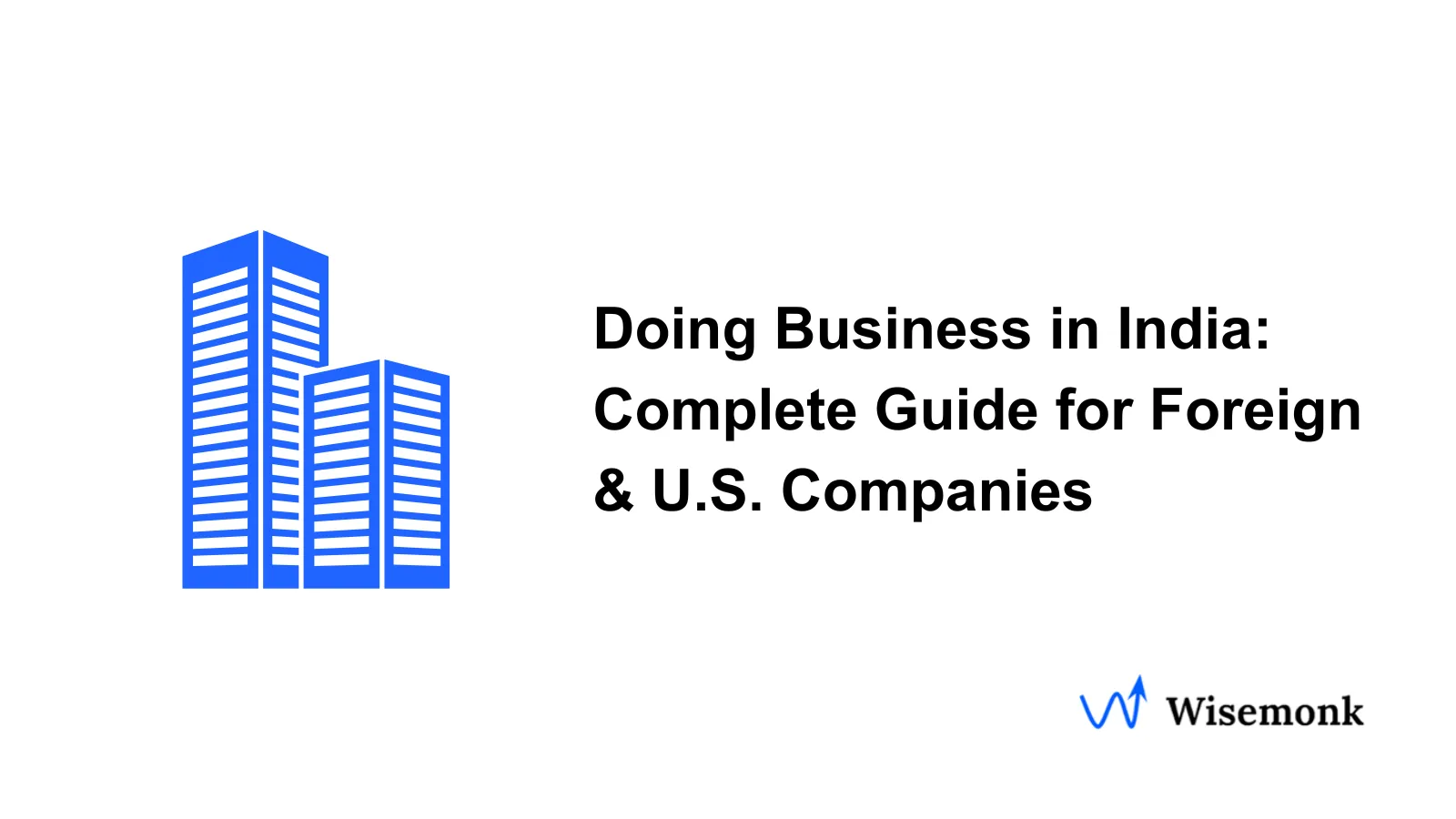
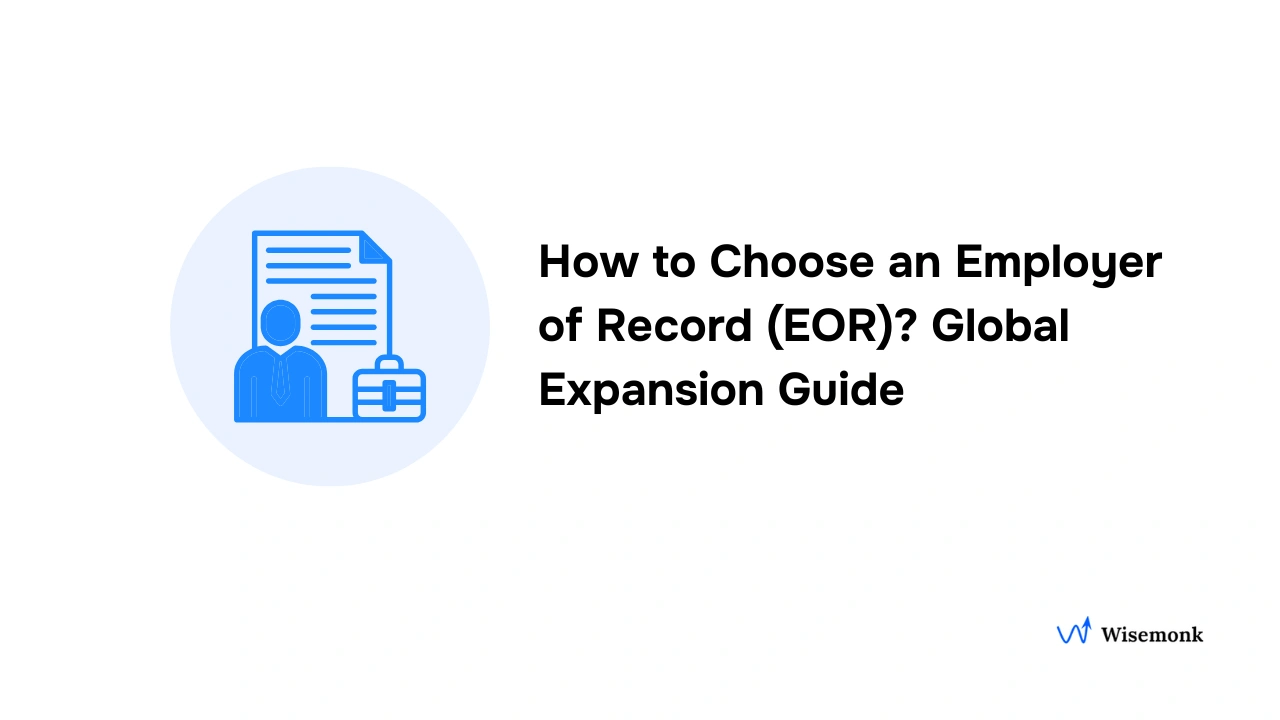
.webp)

.webp)
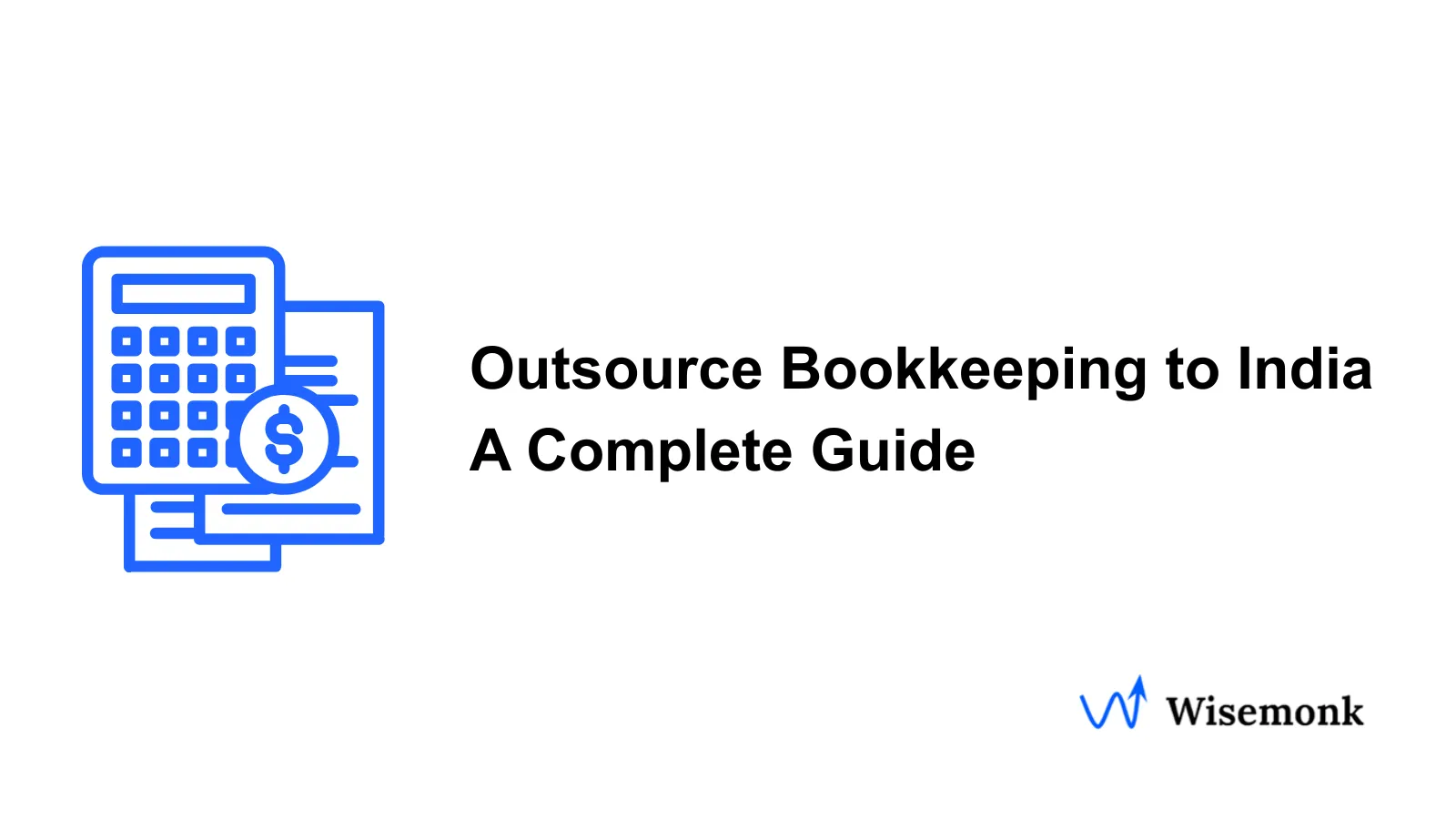
.webp)
.webp)
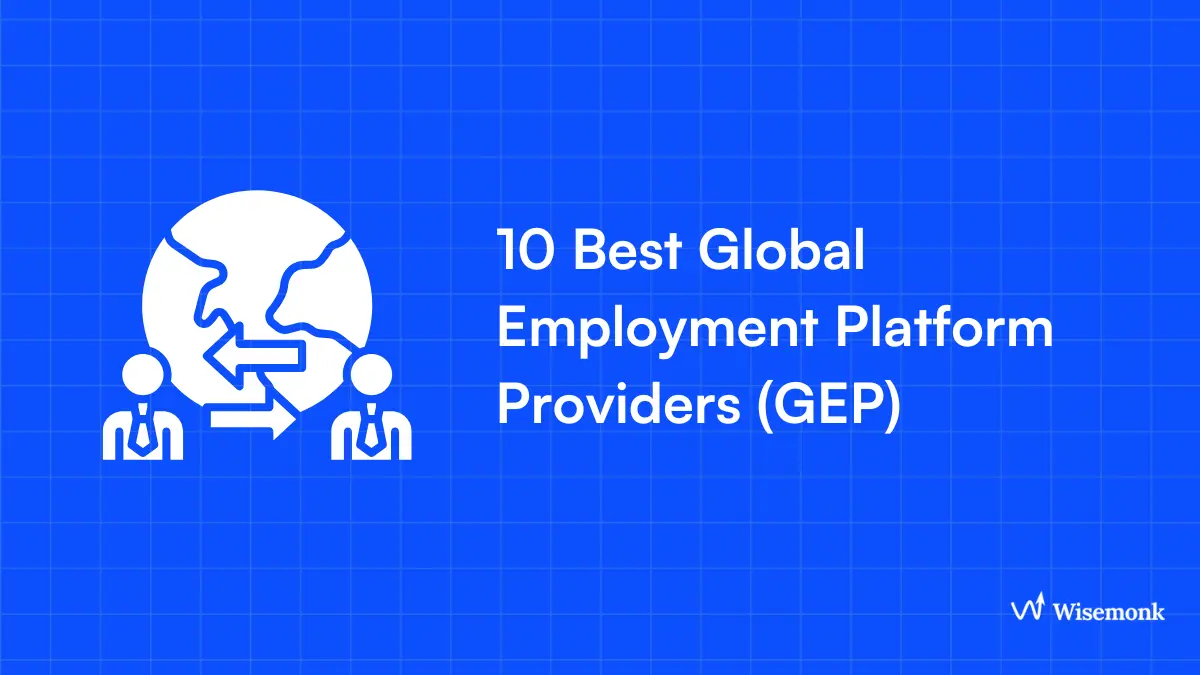
.webp)
